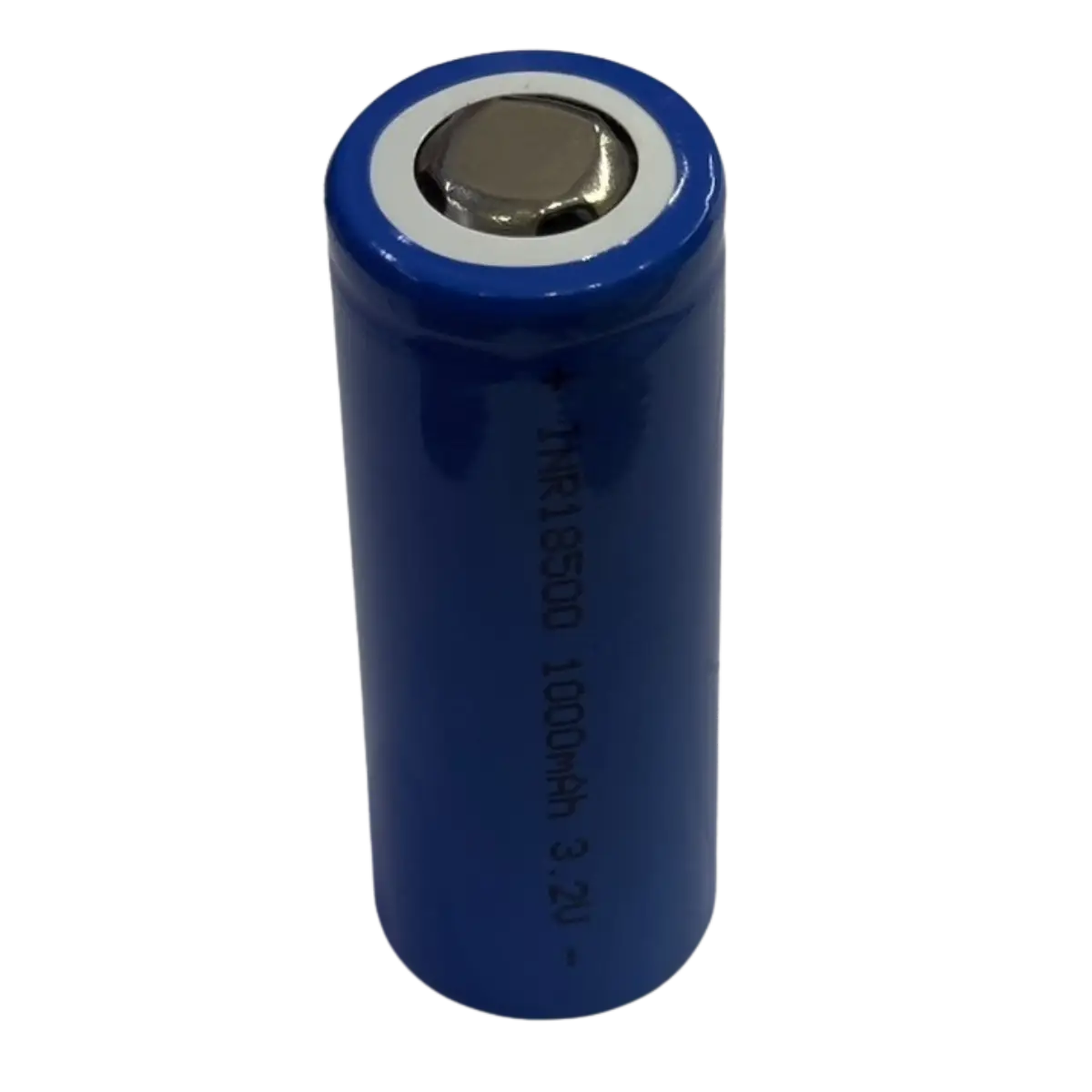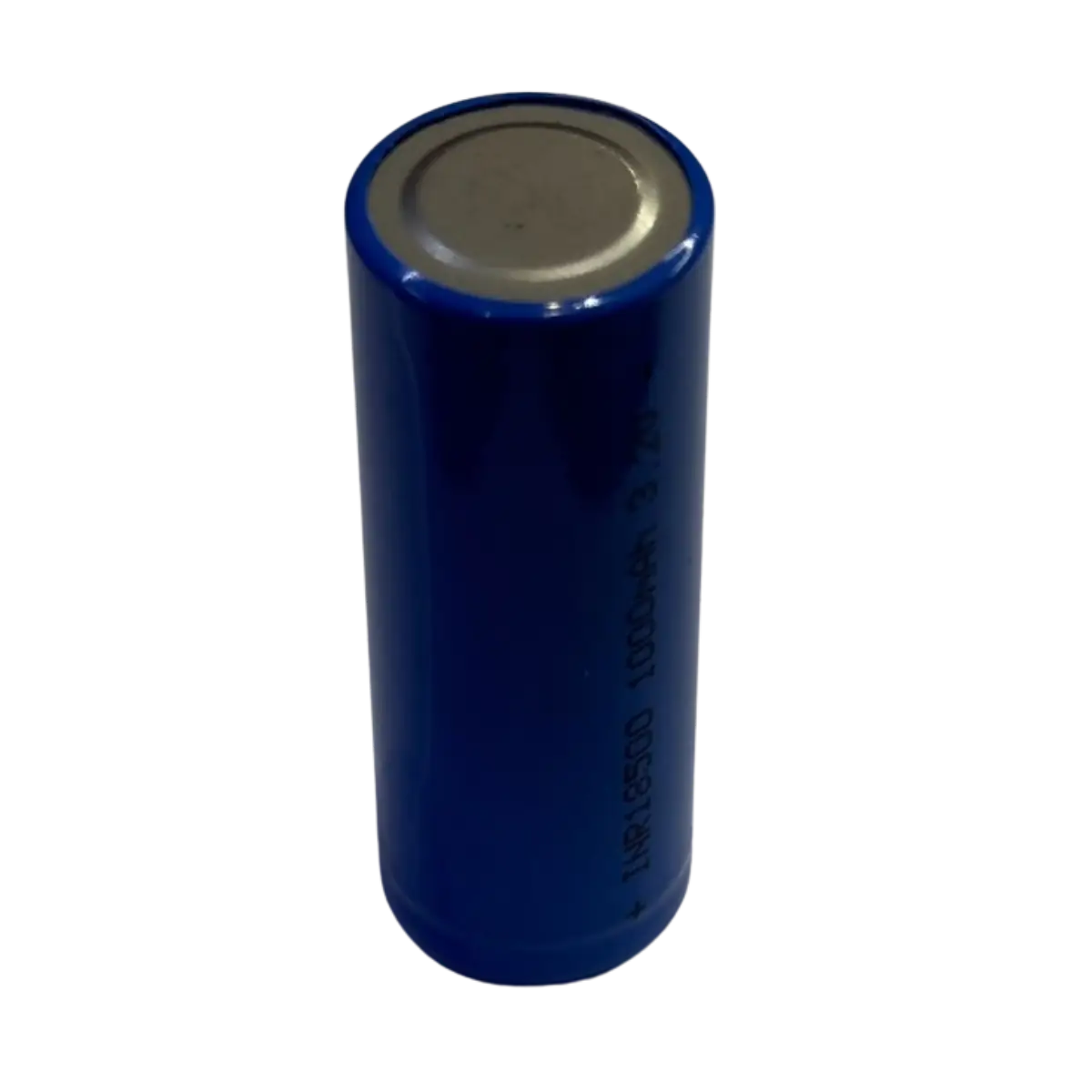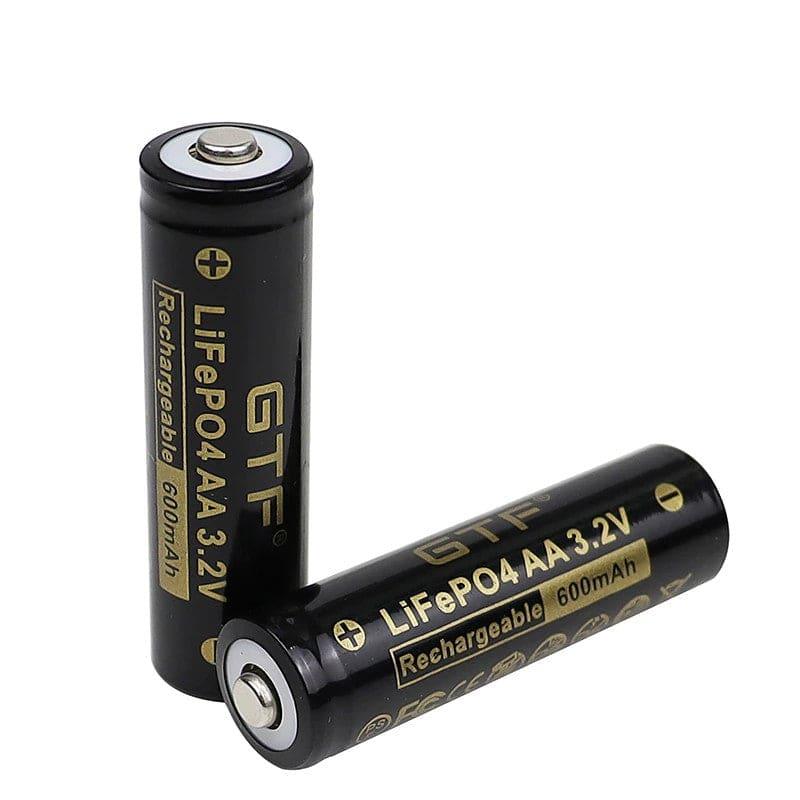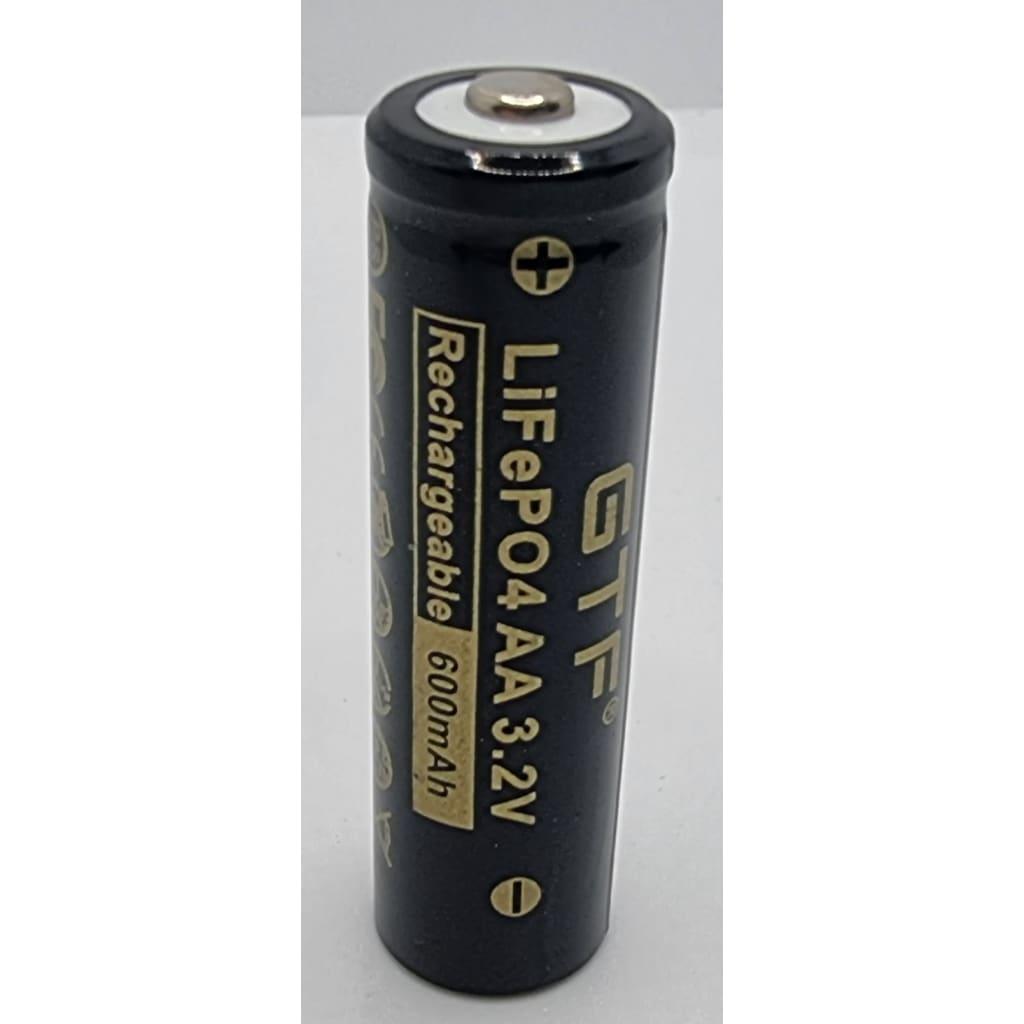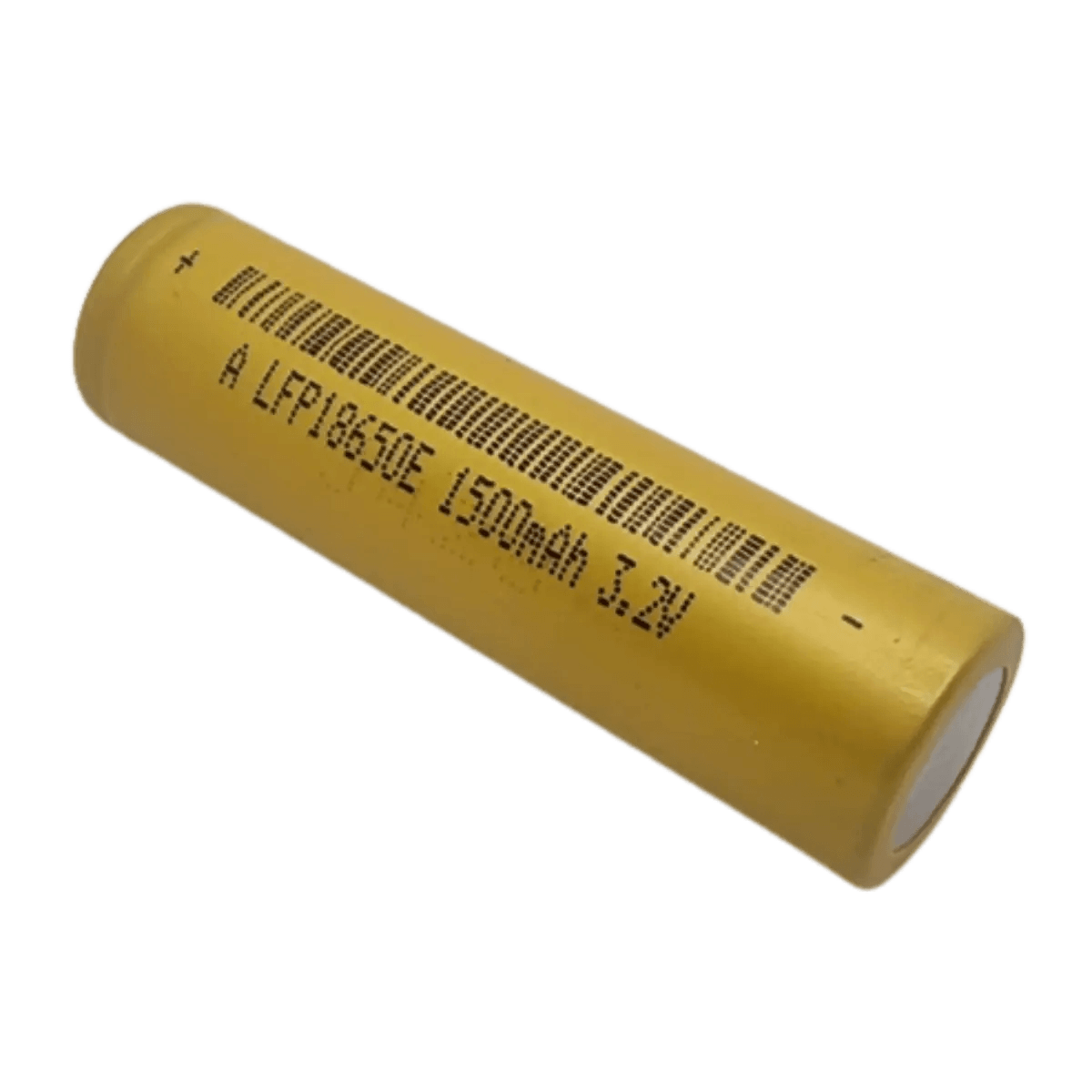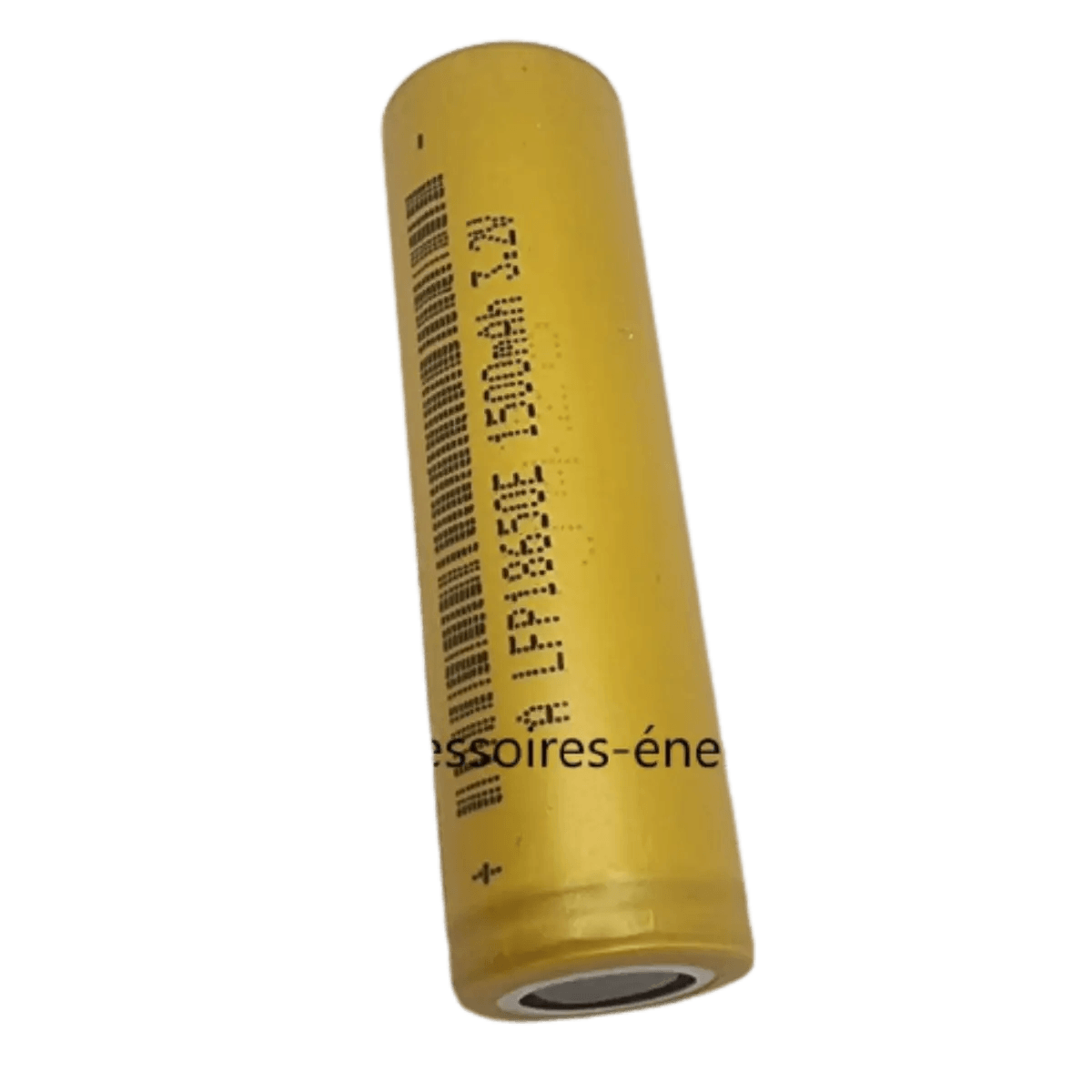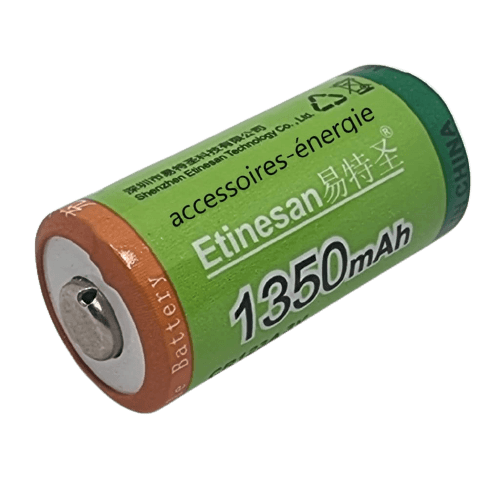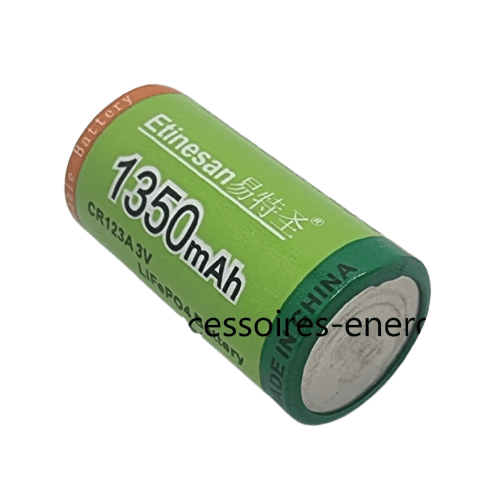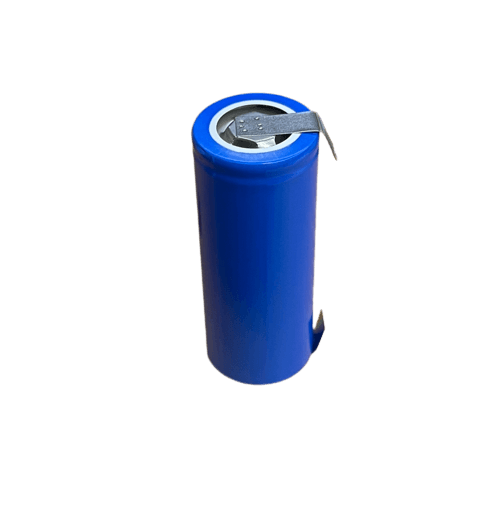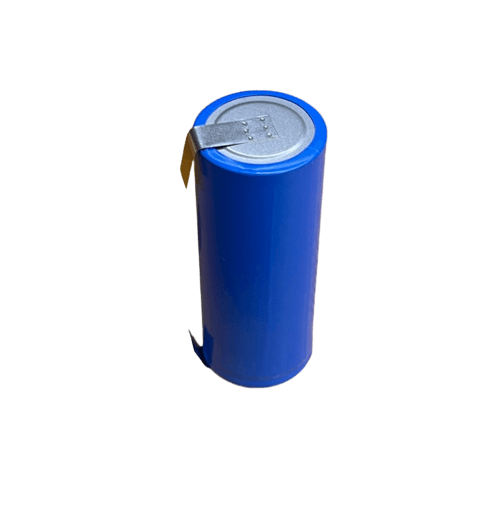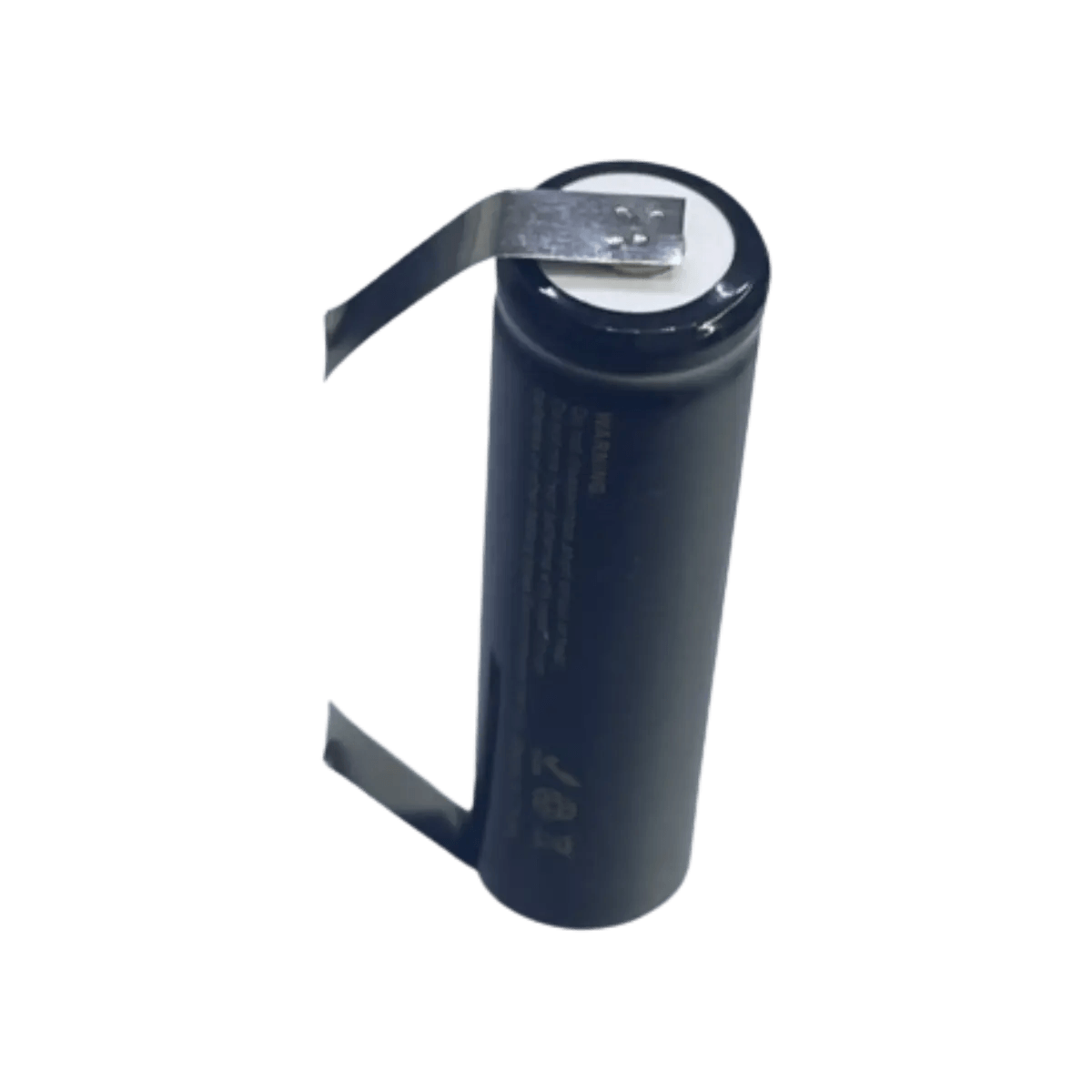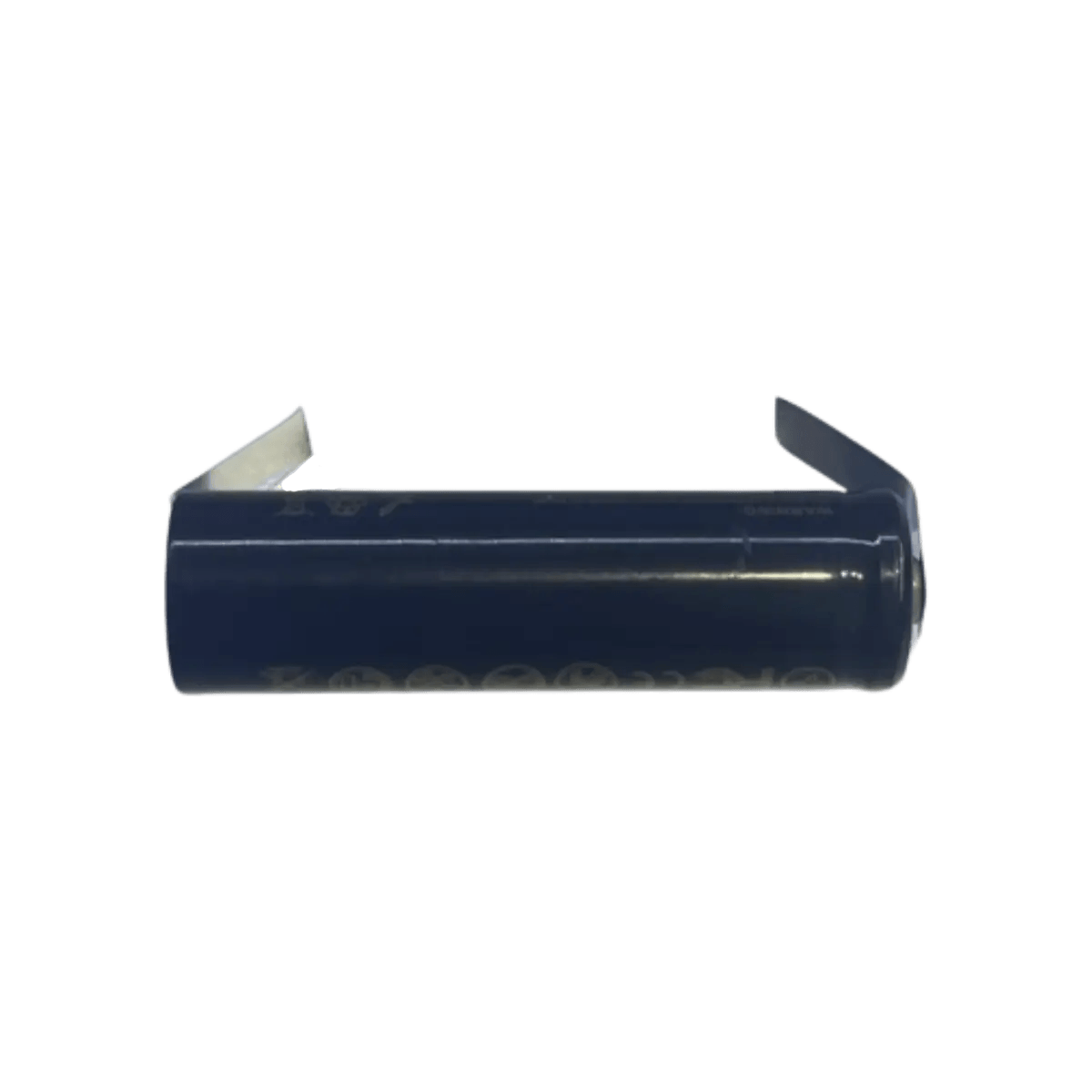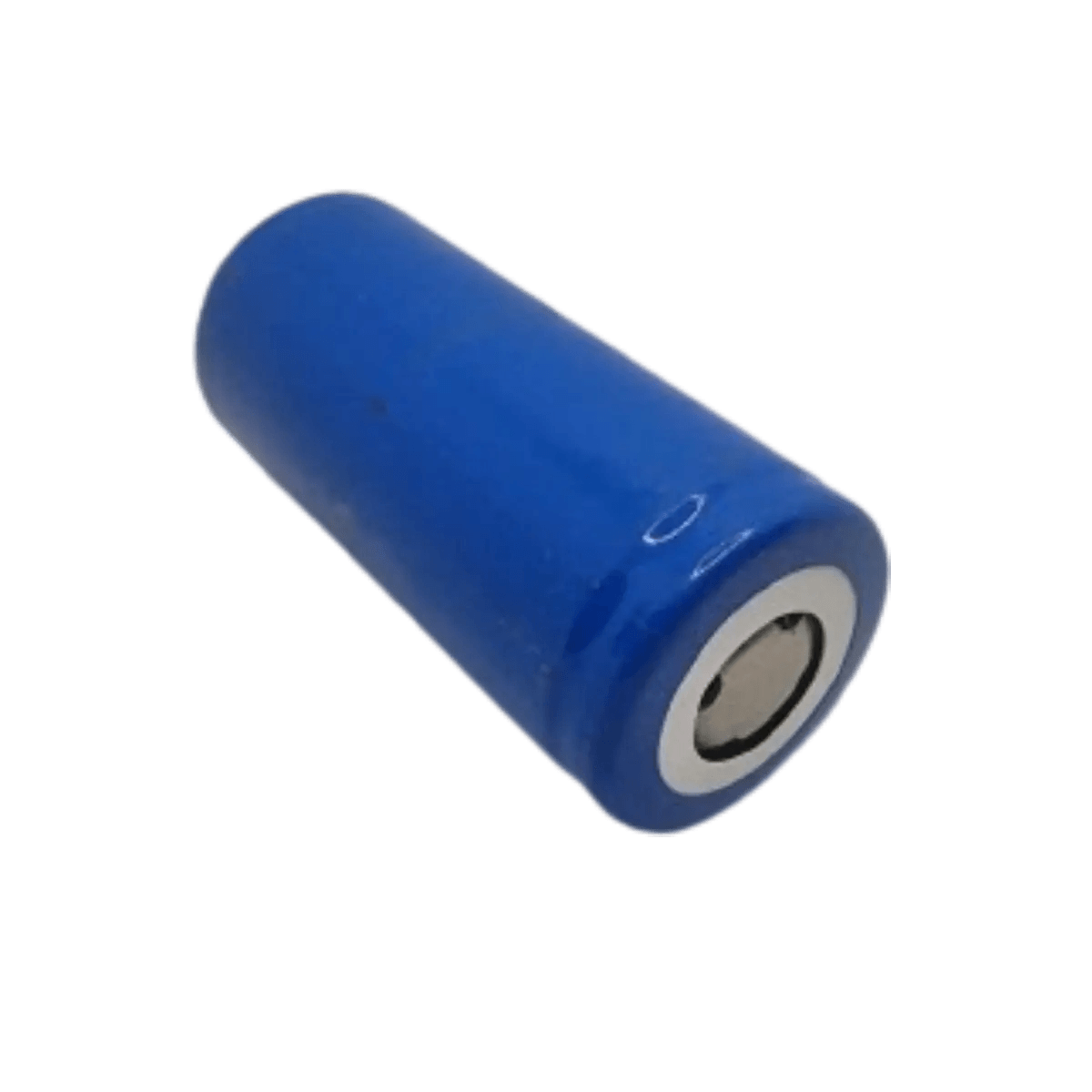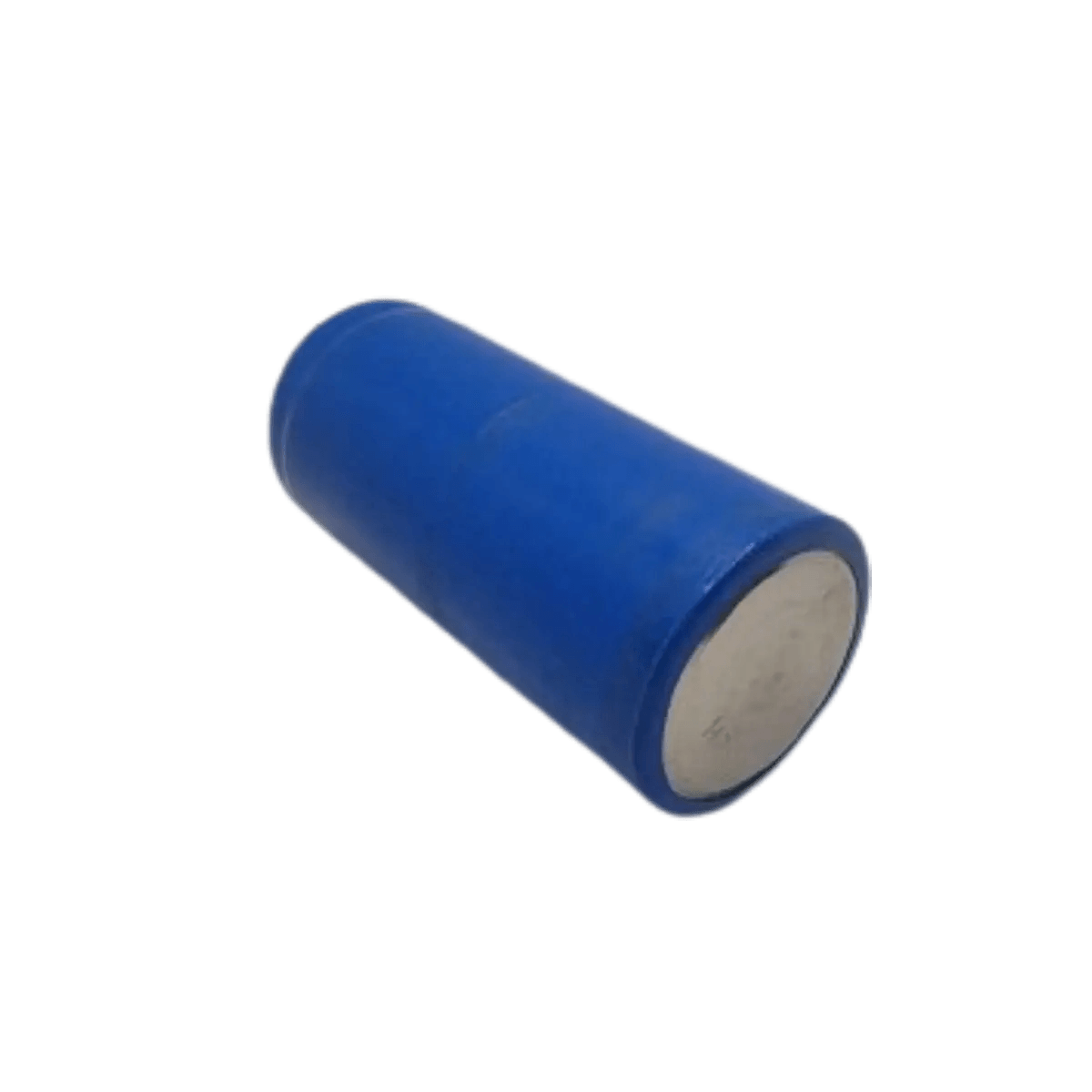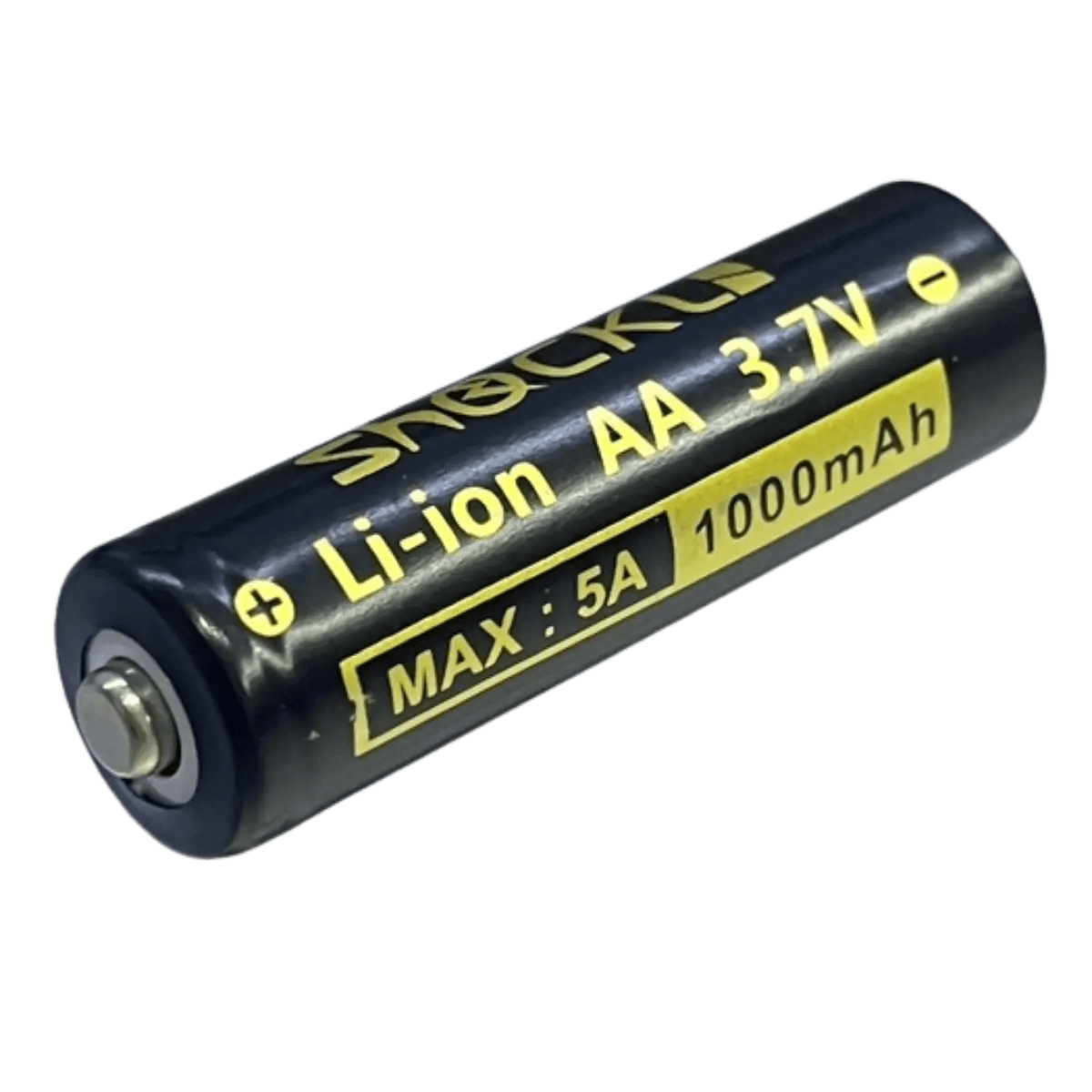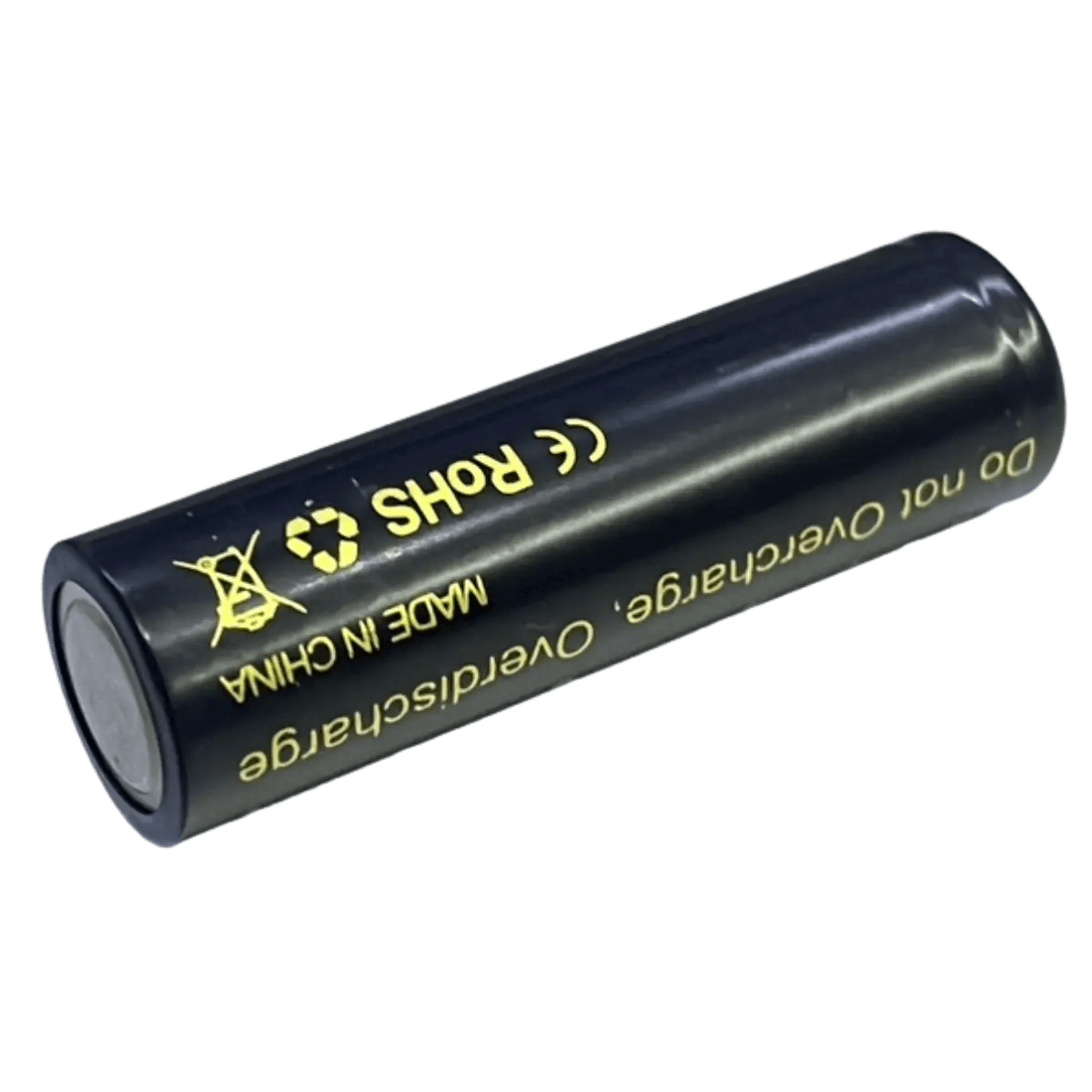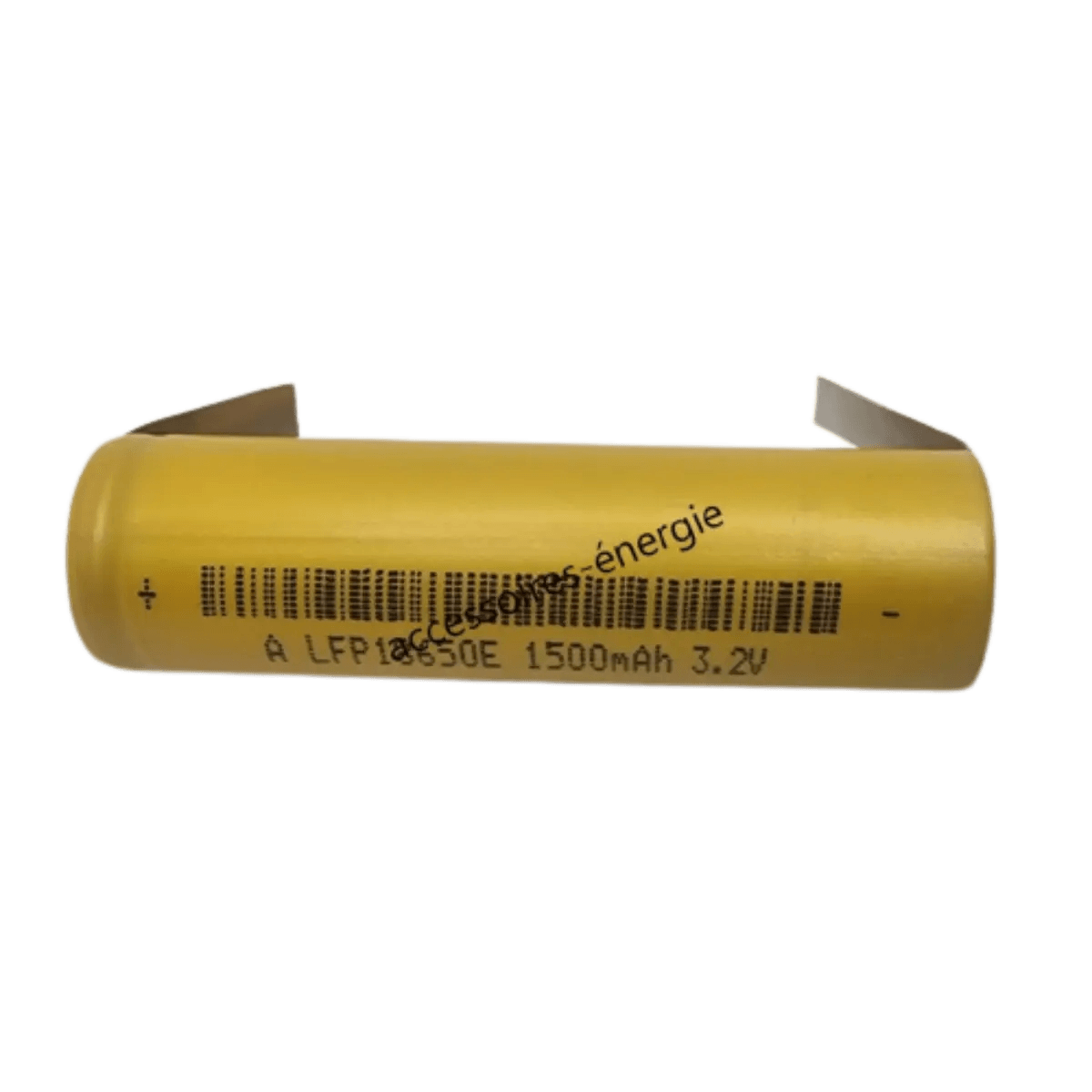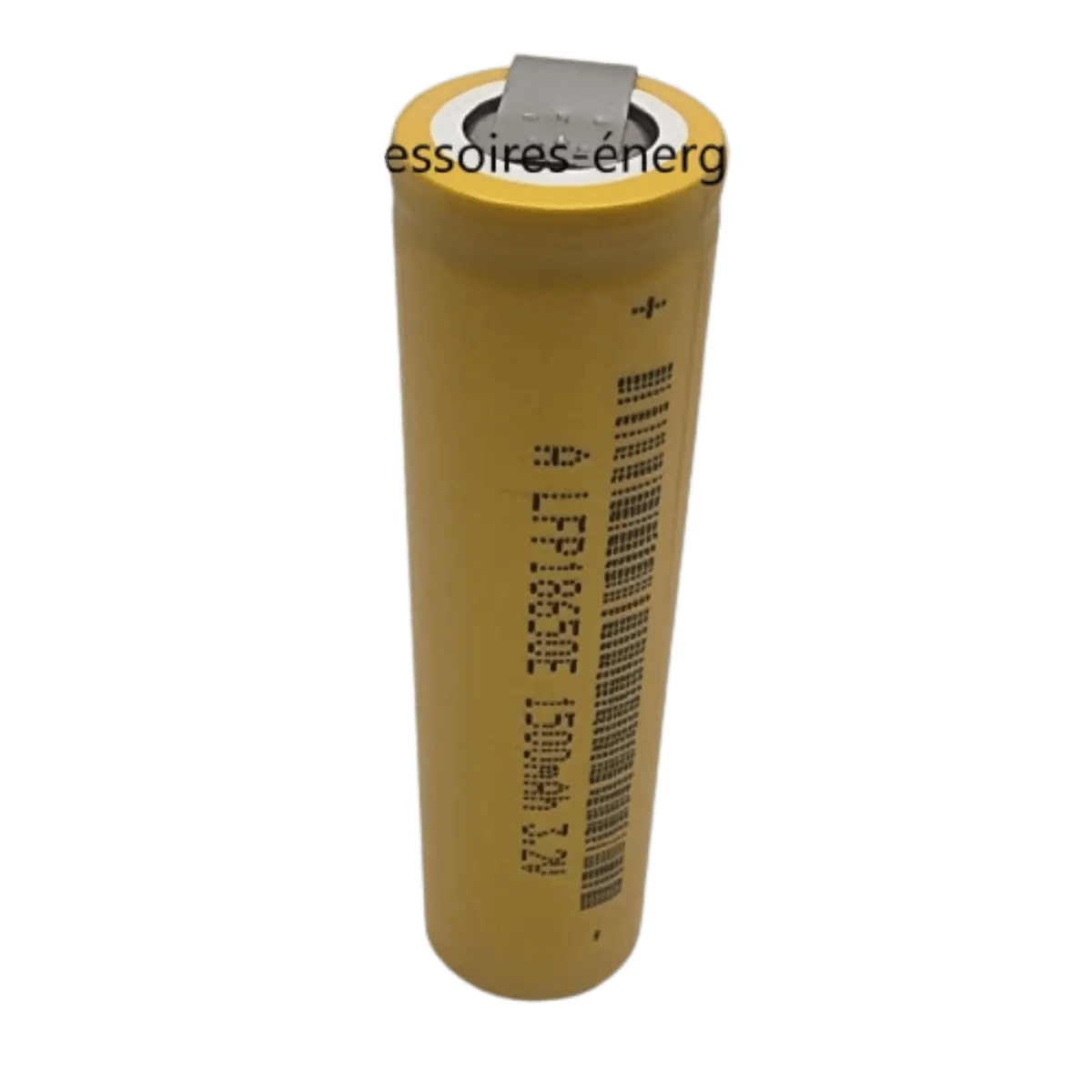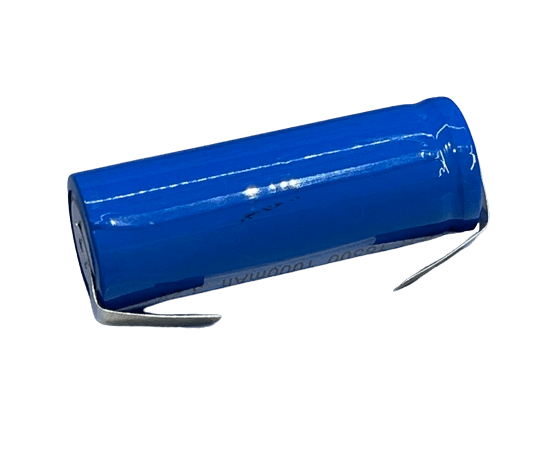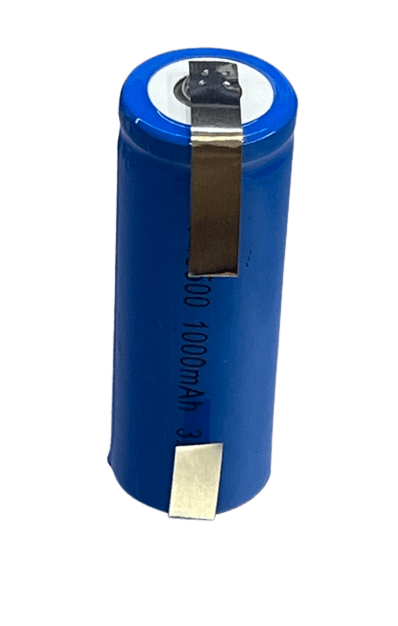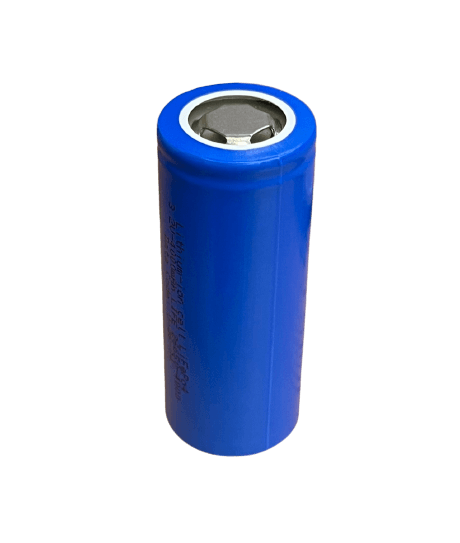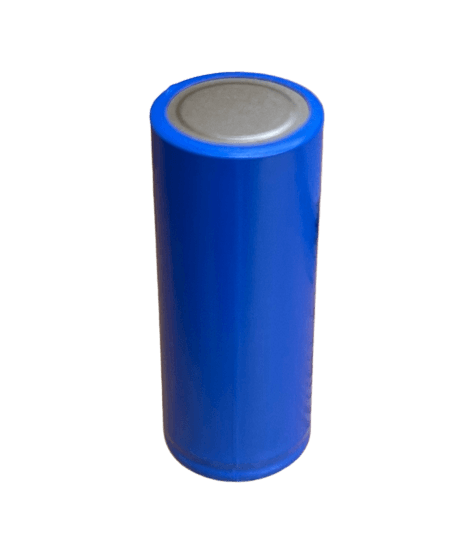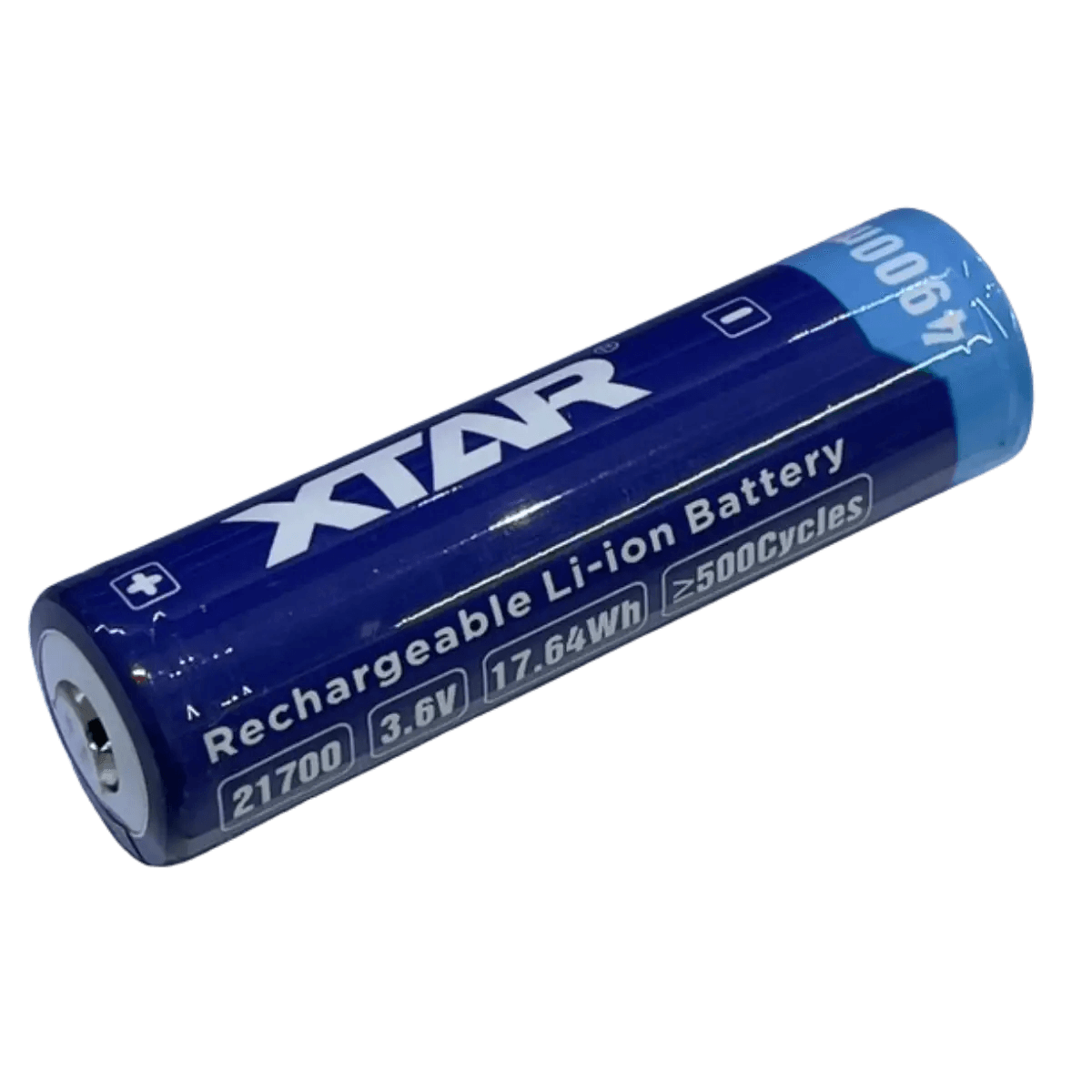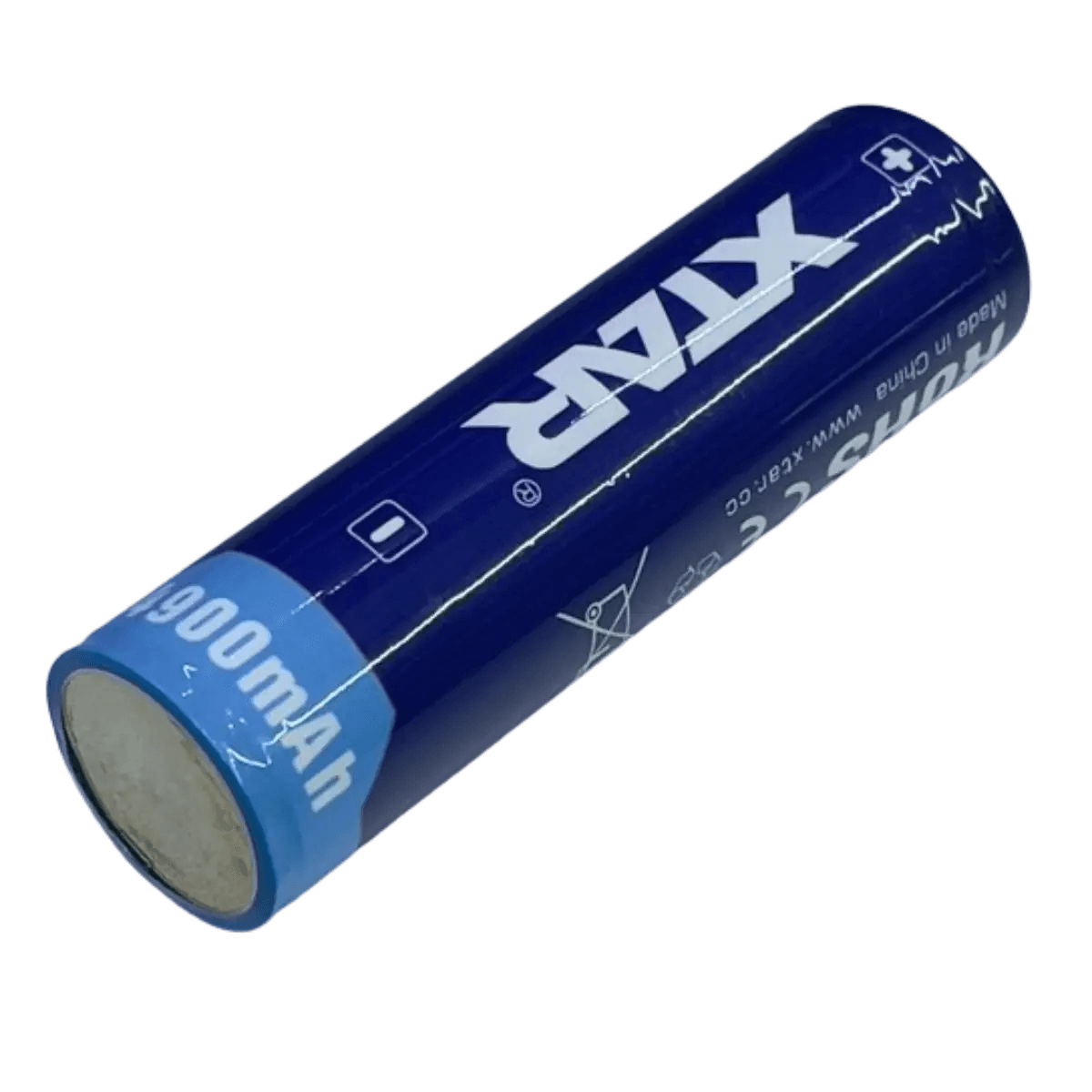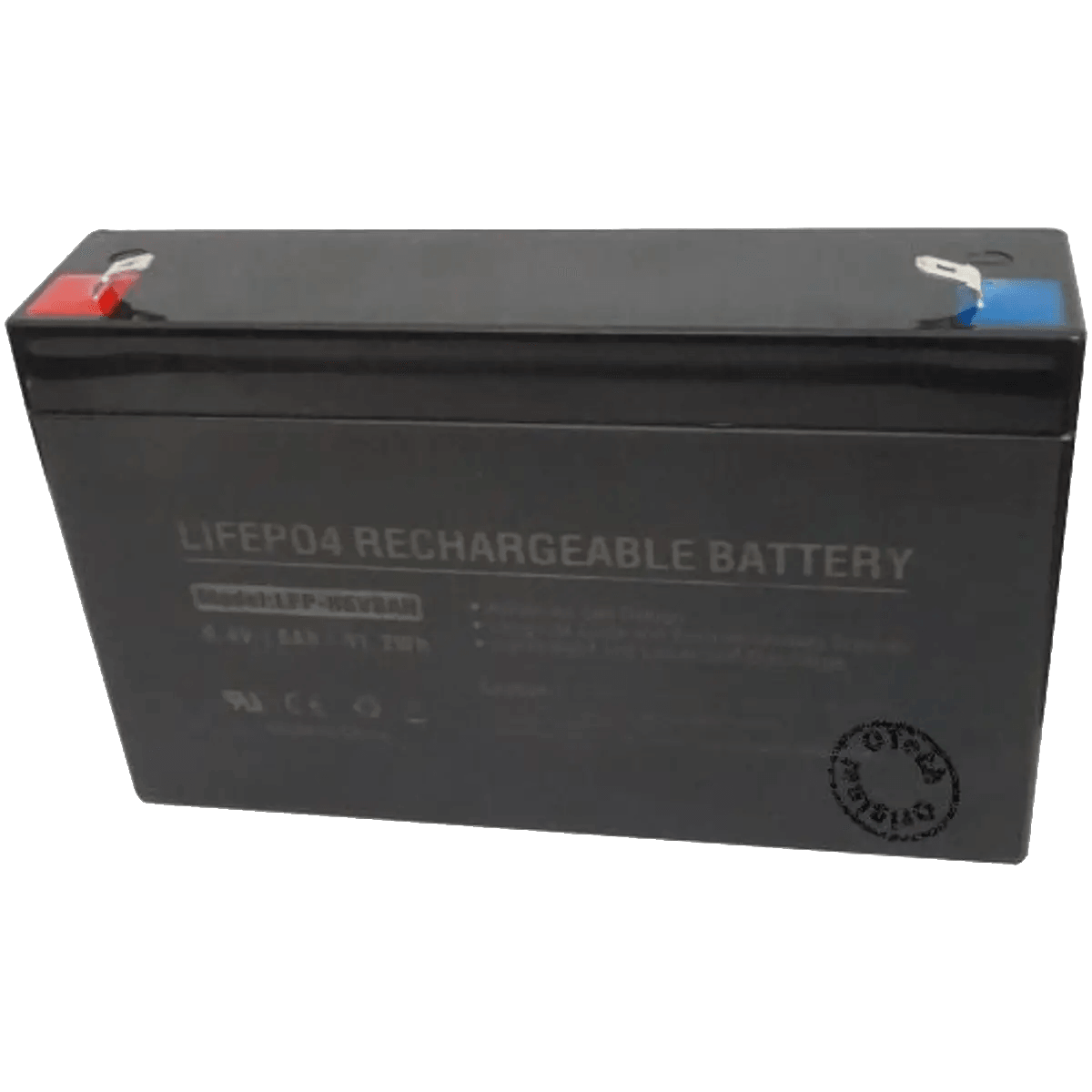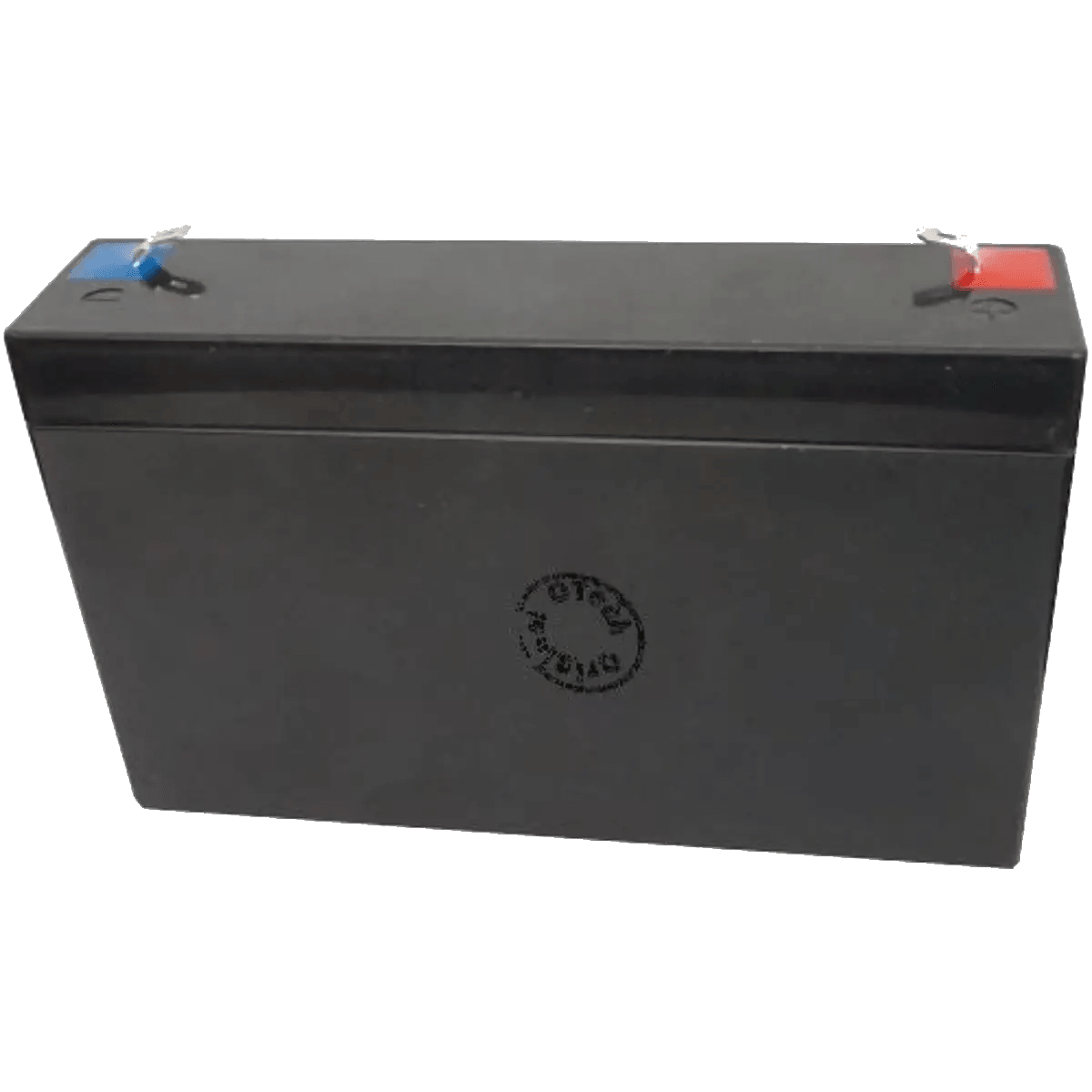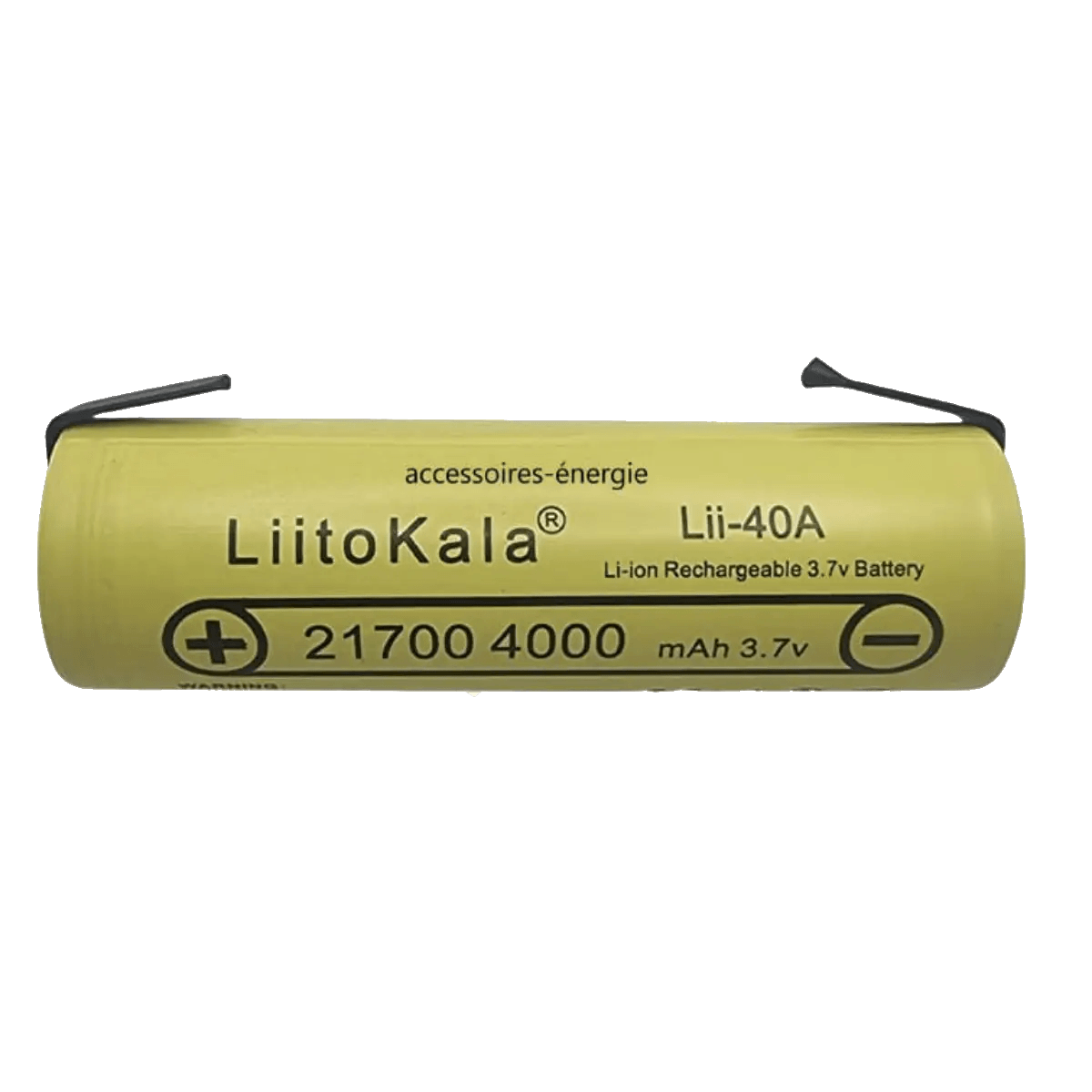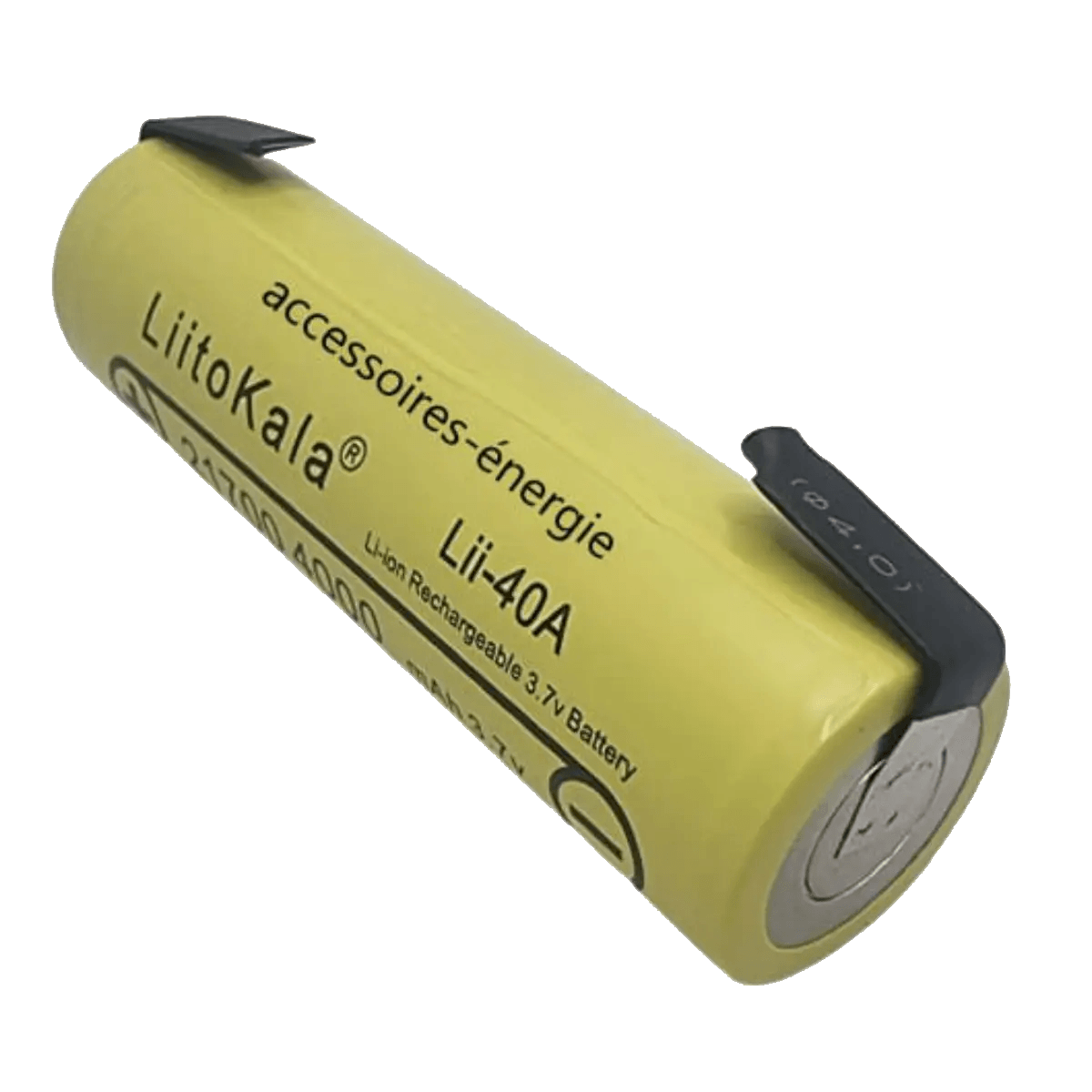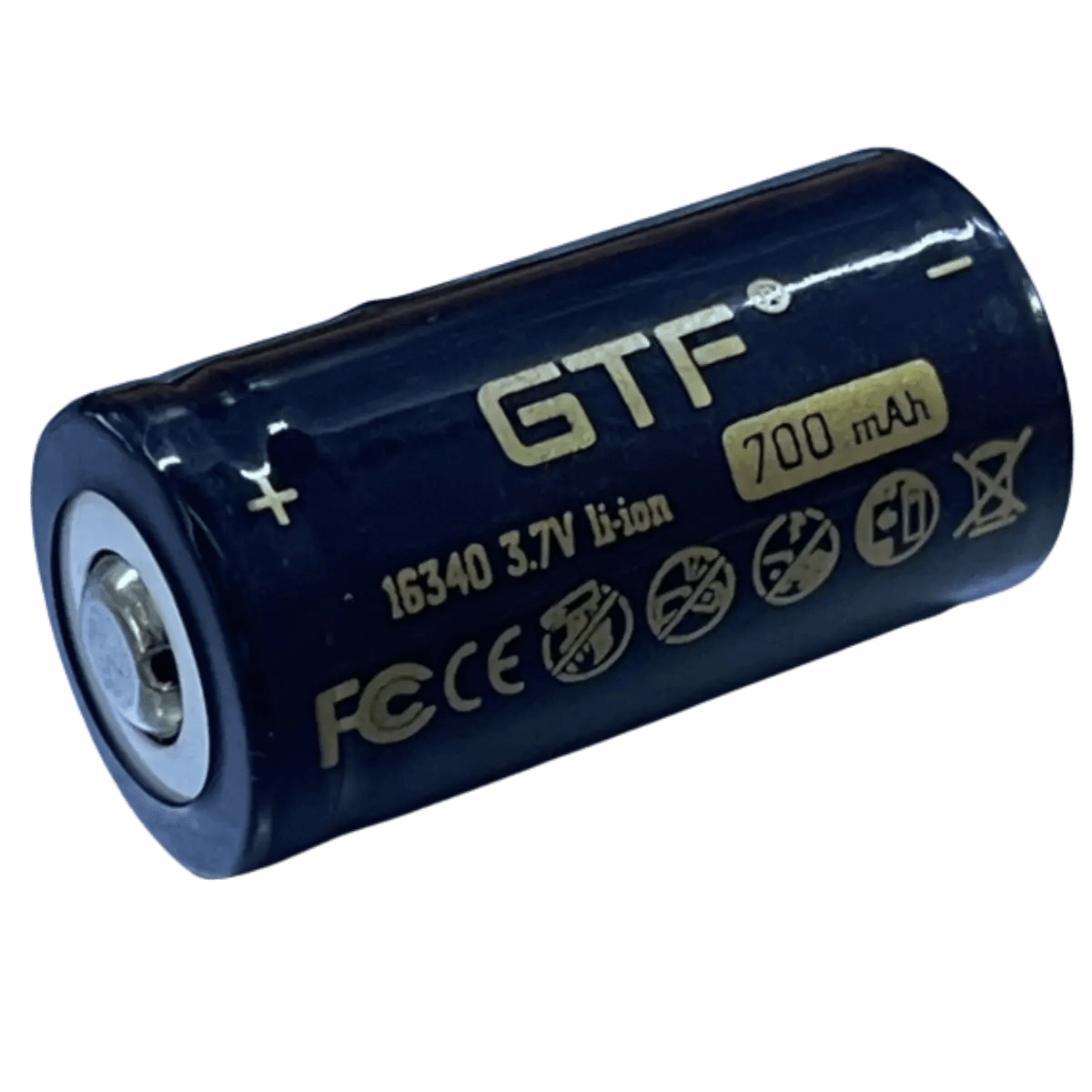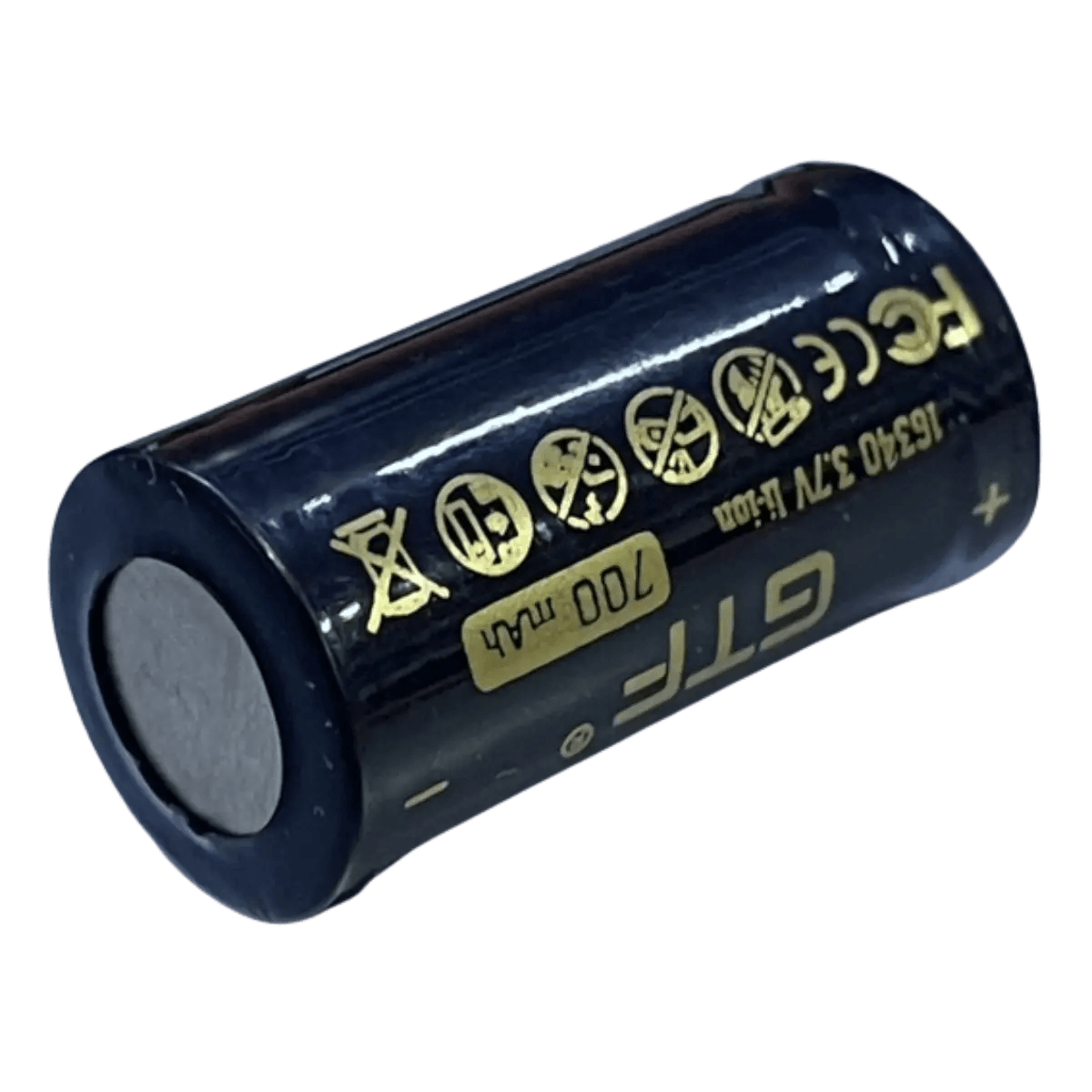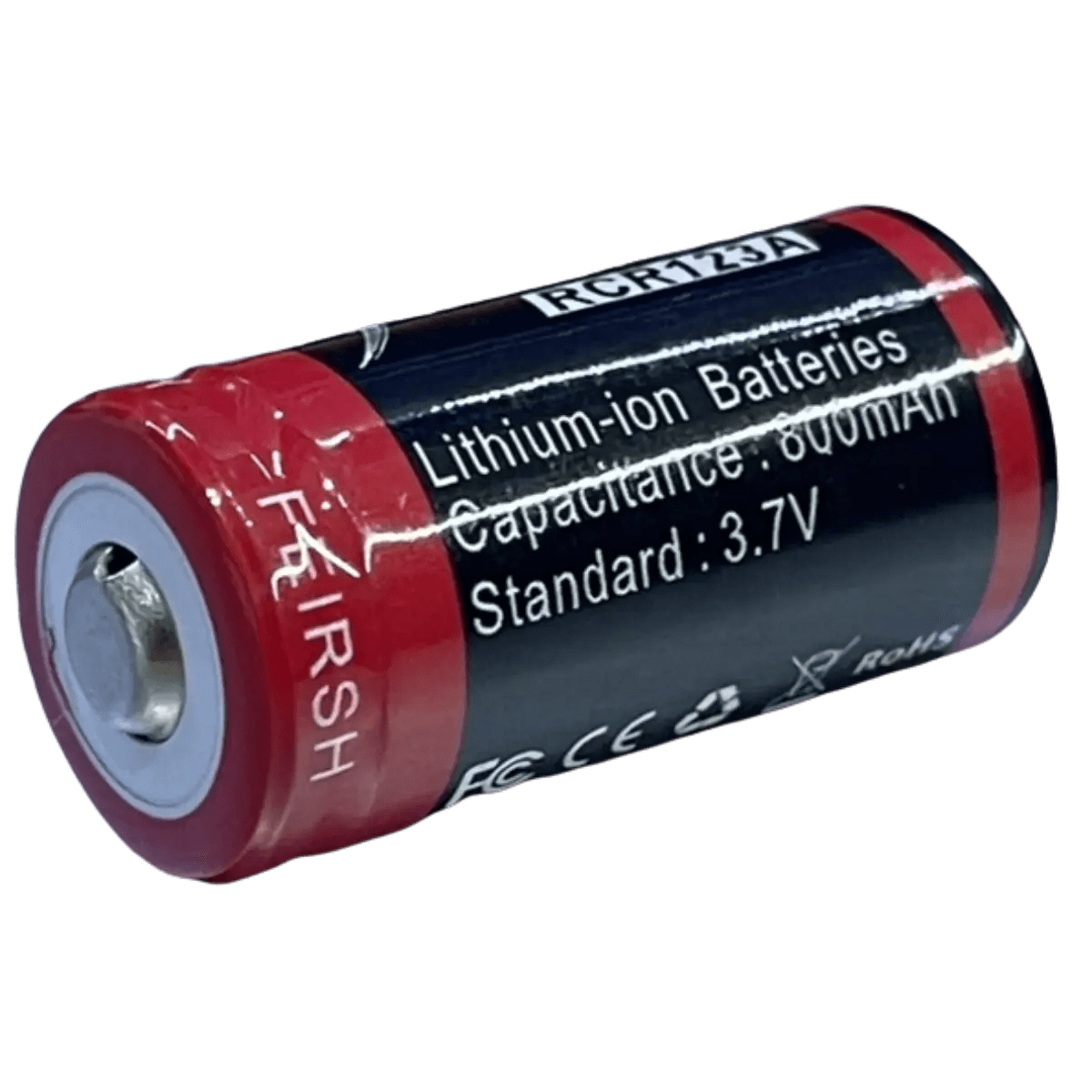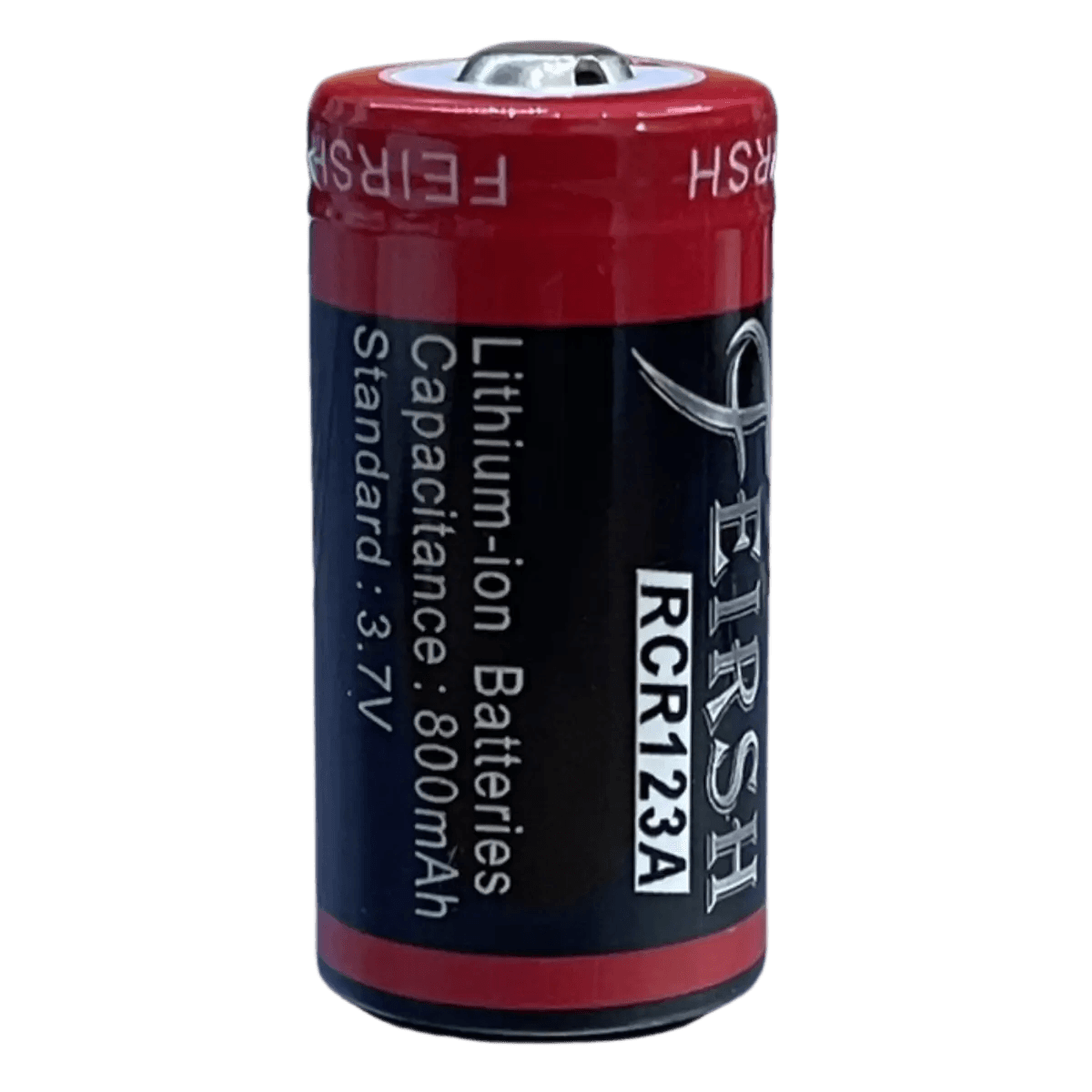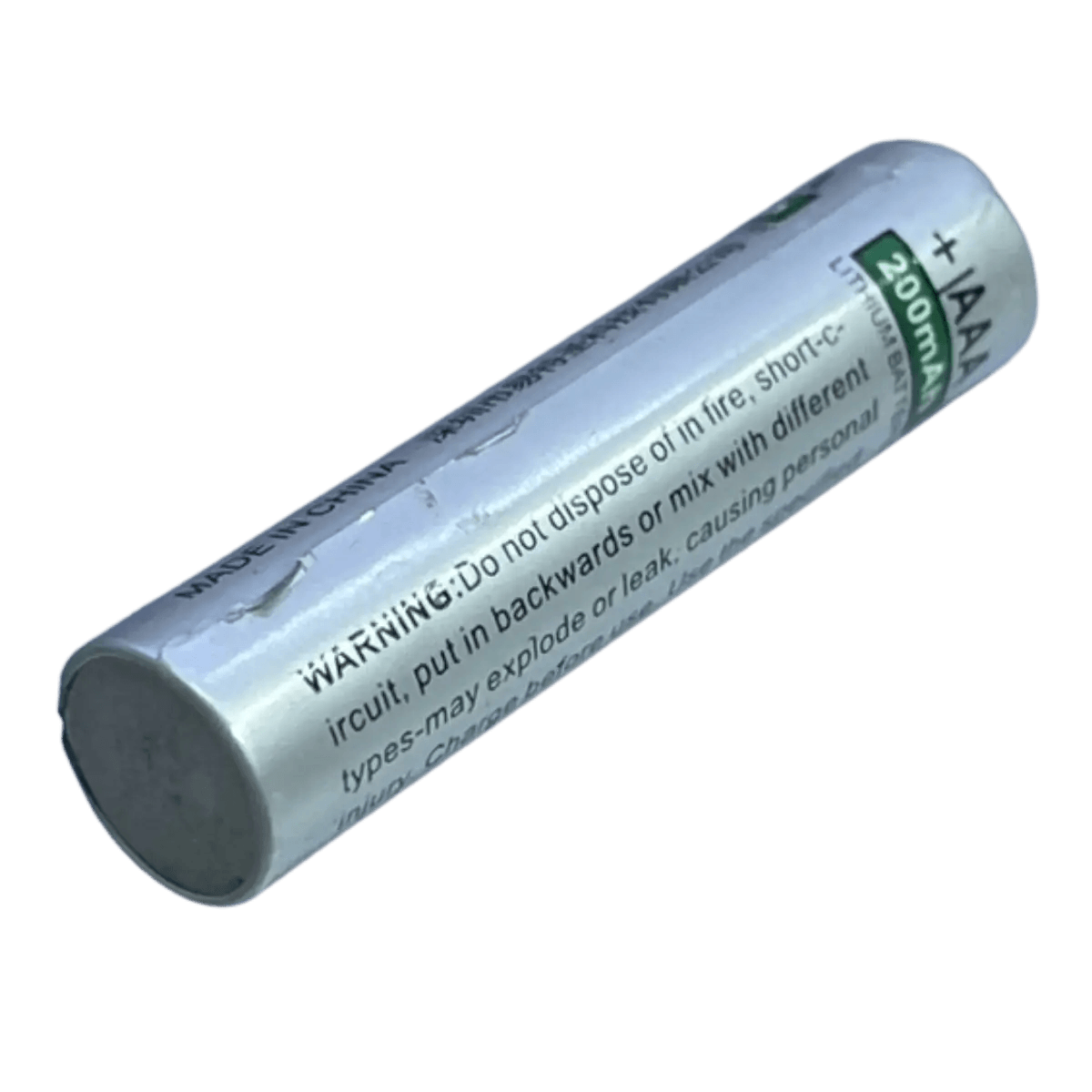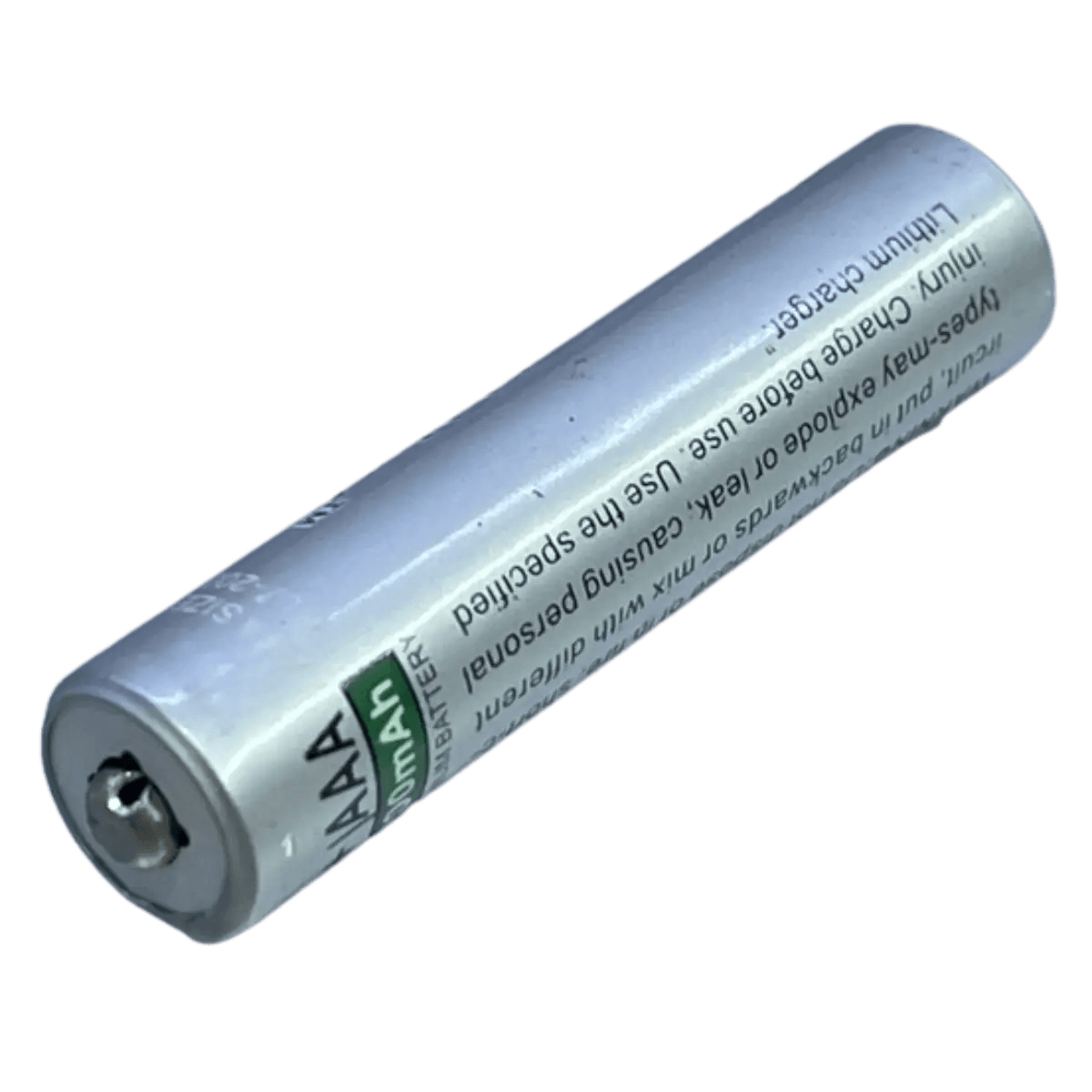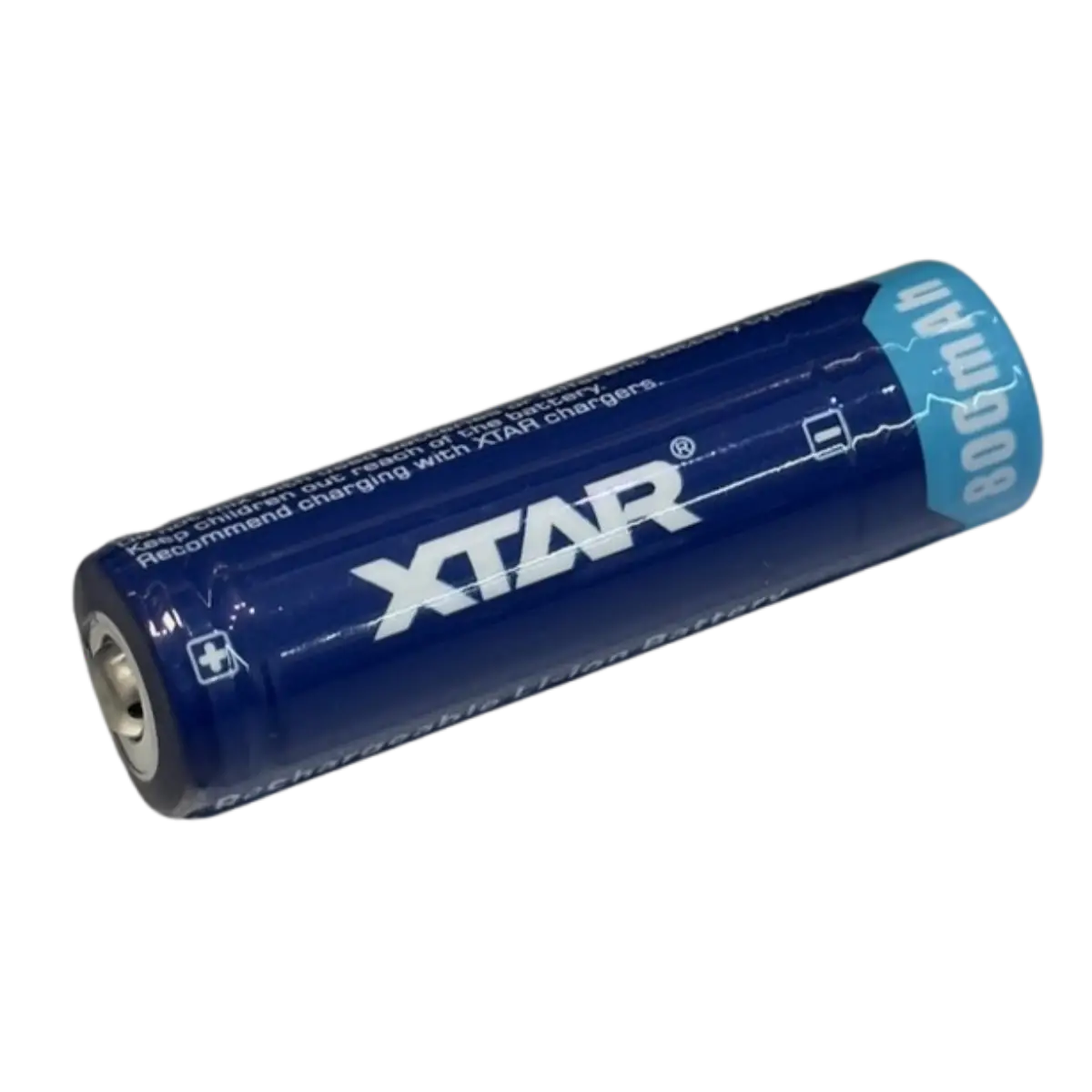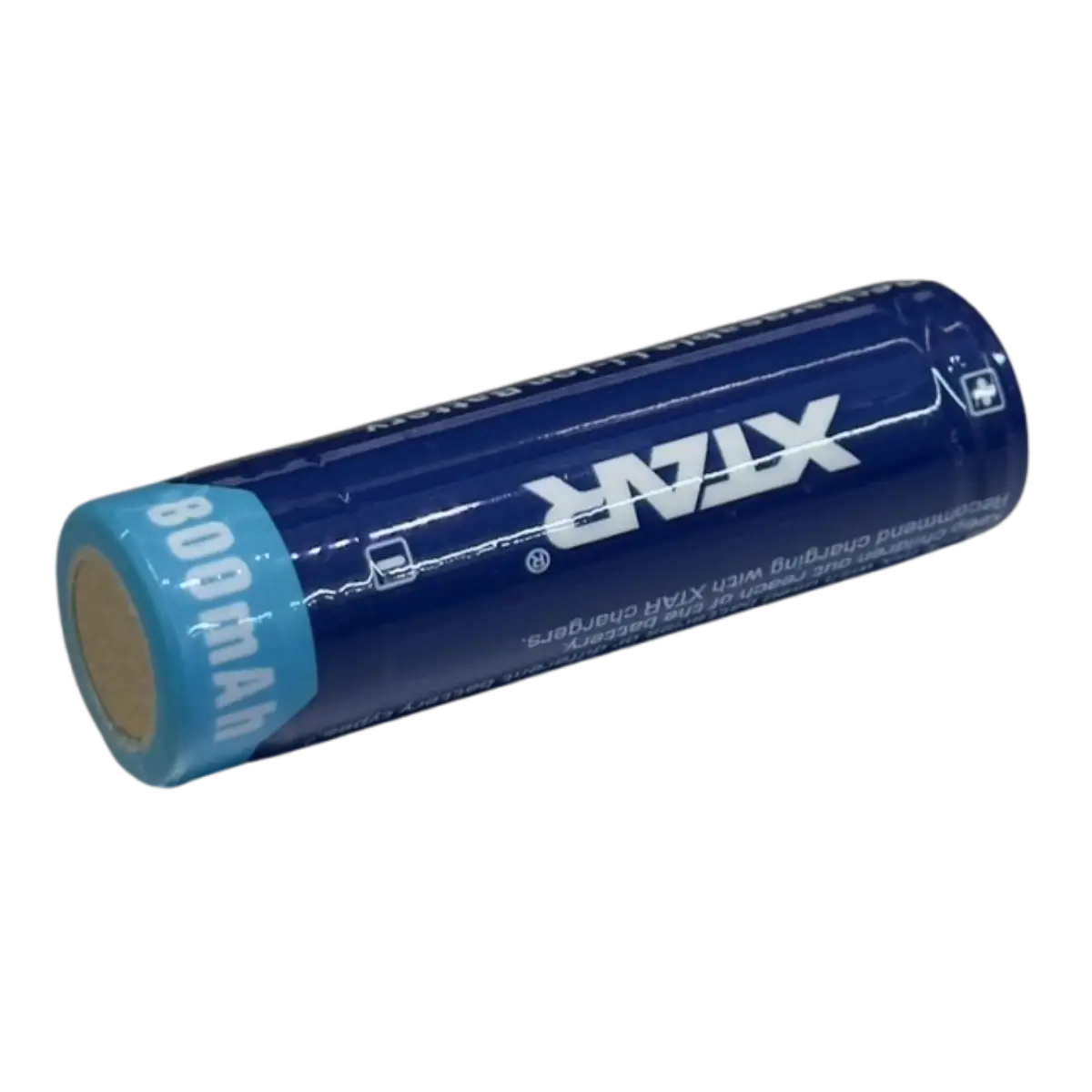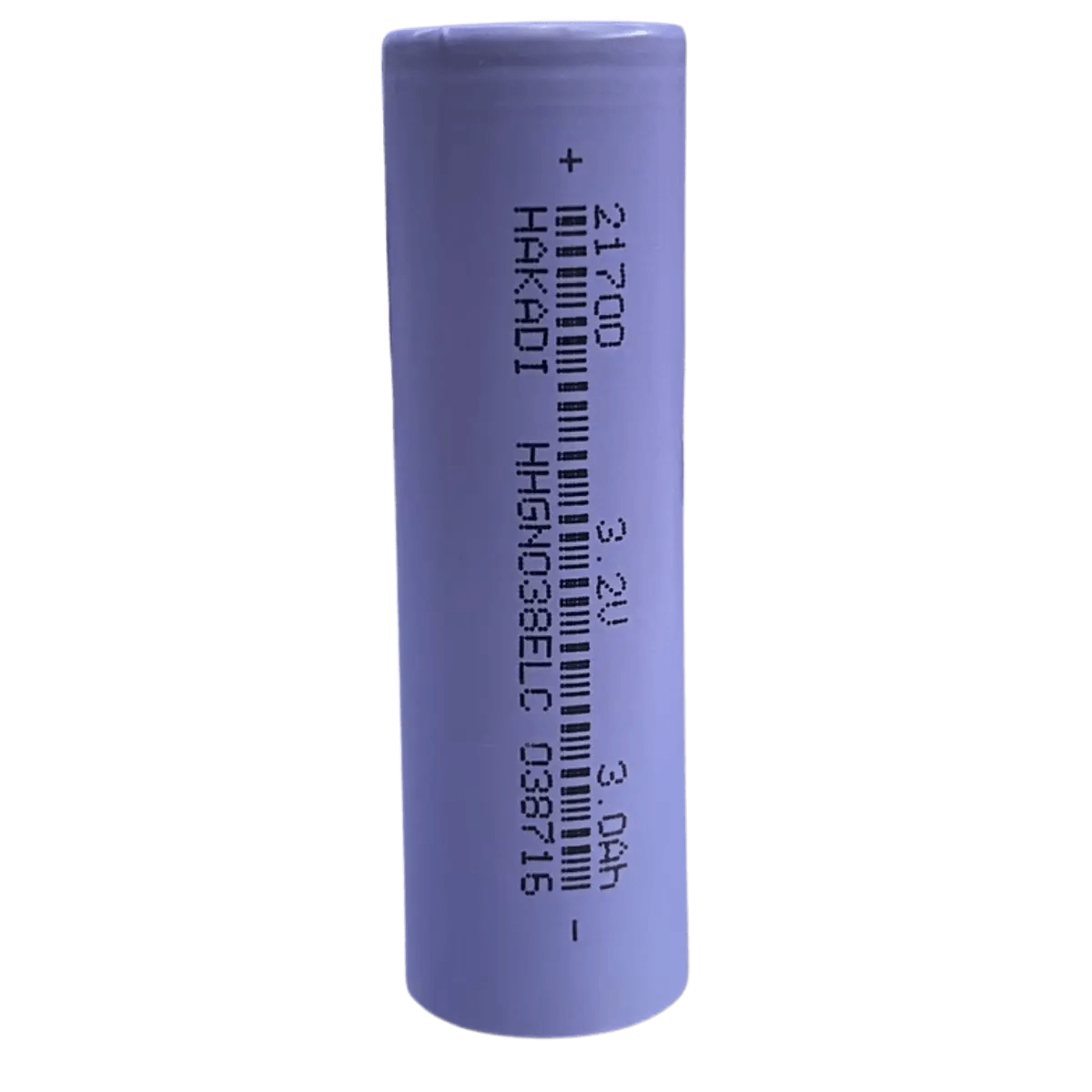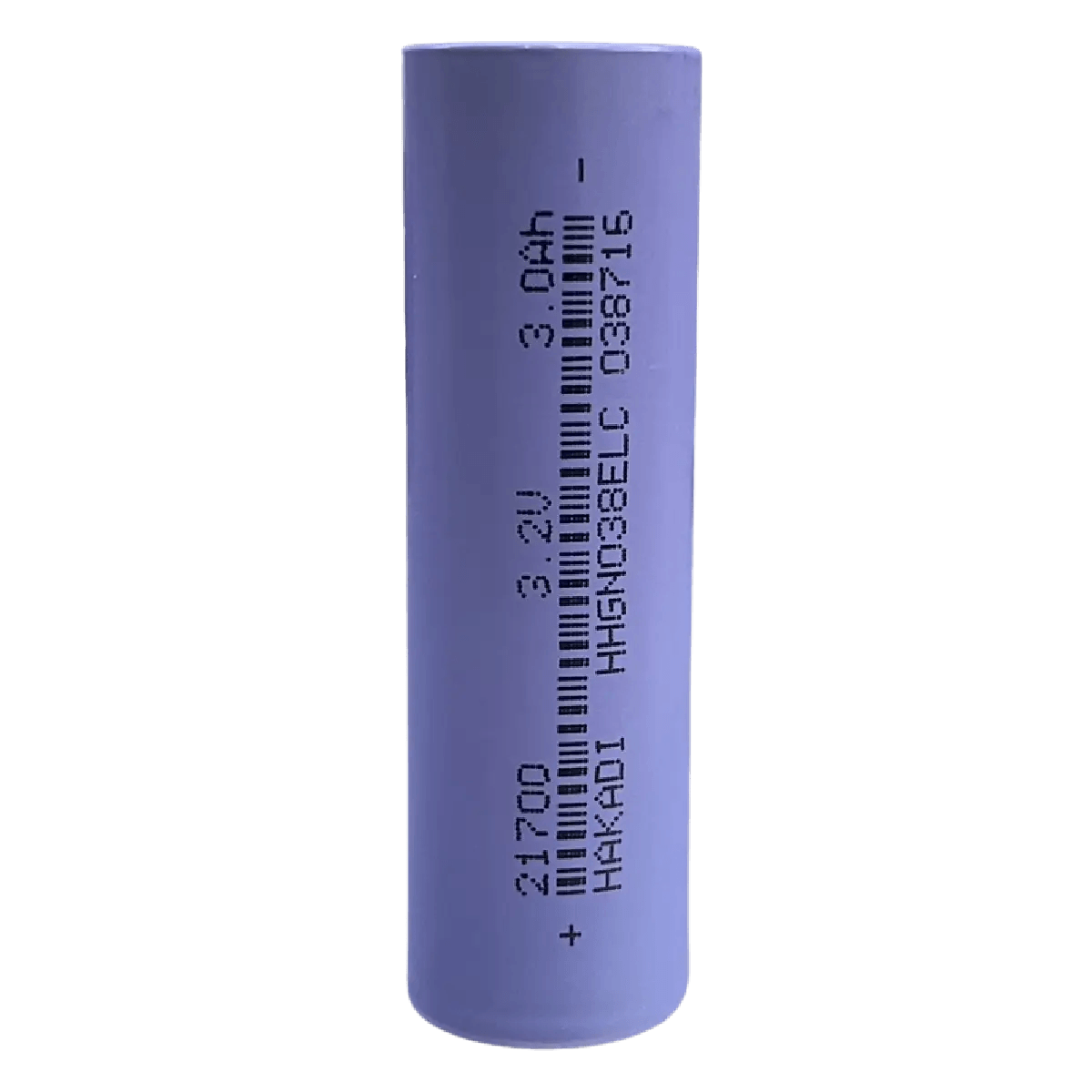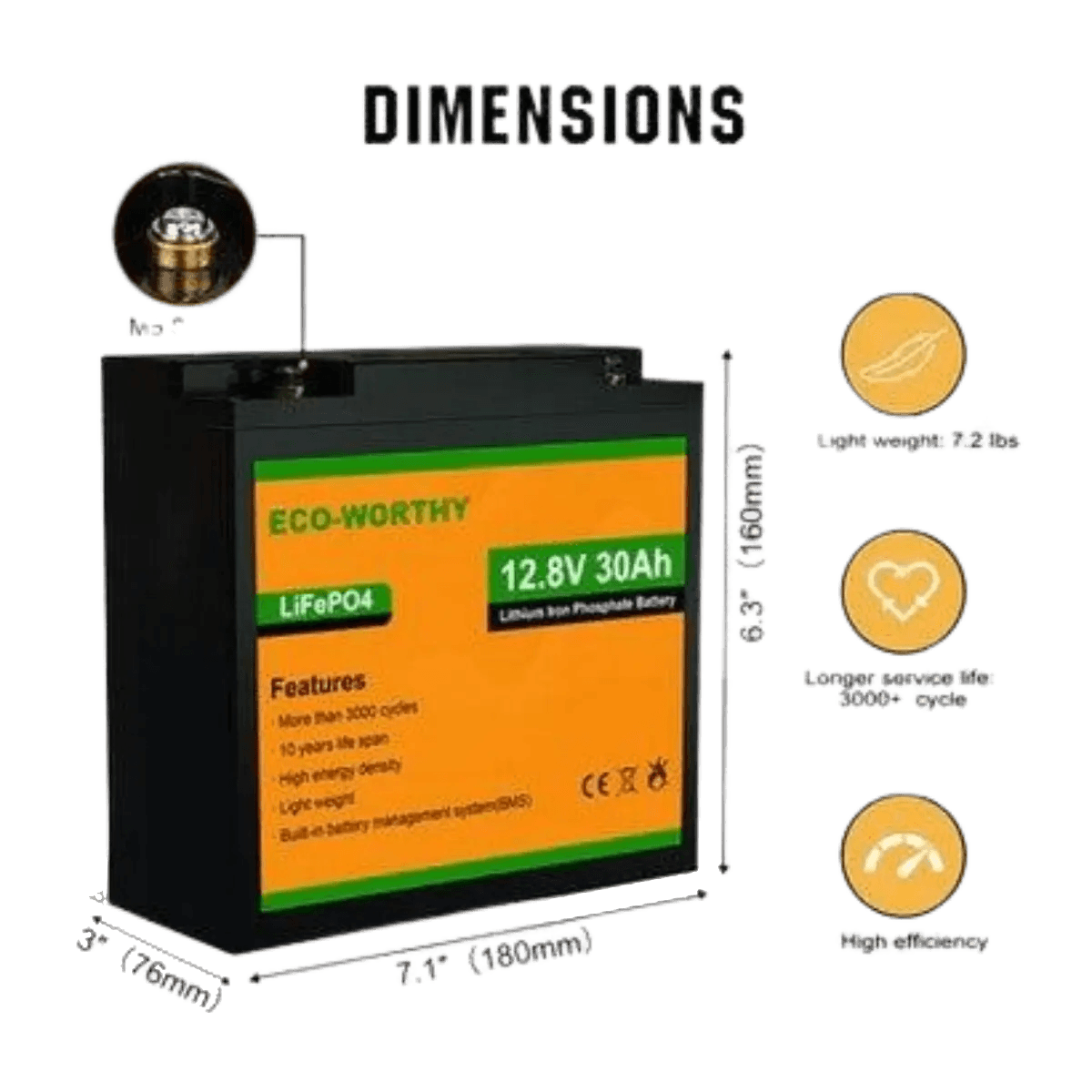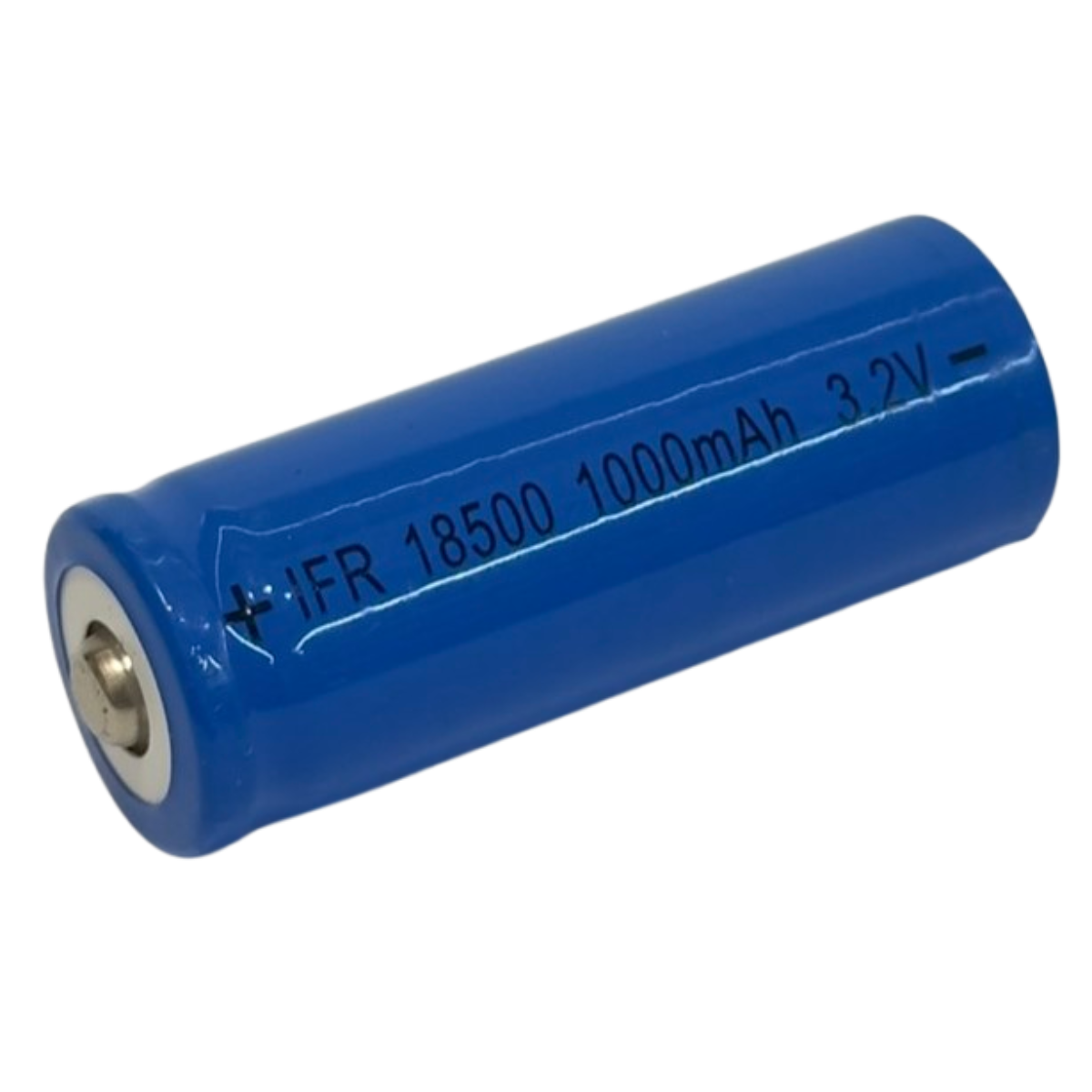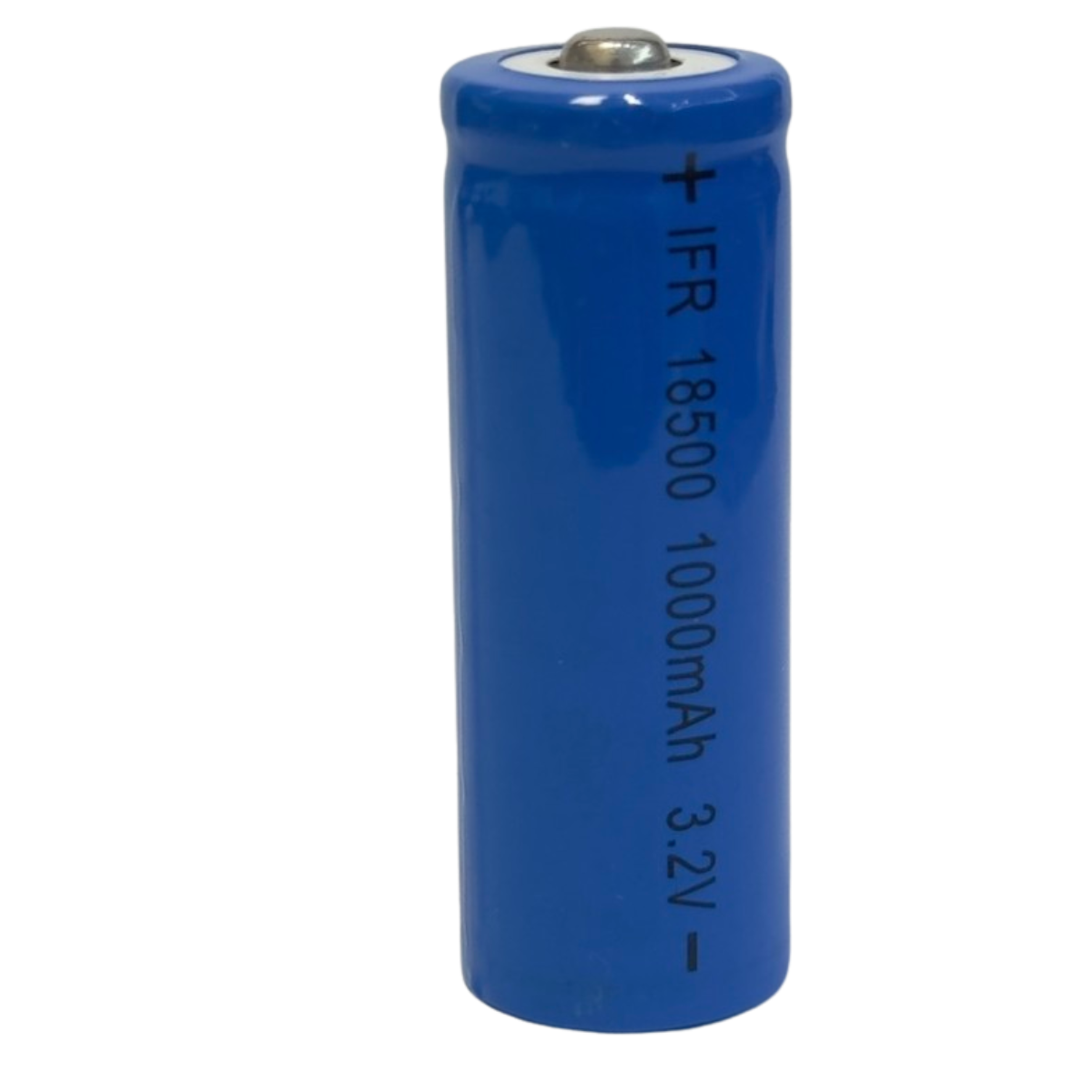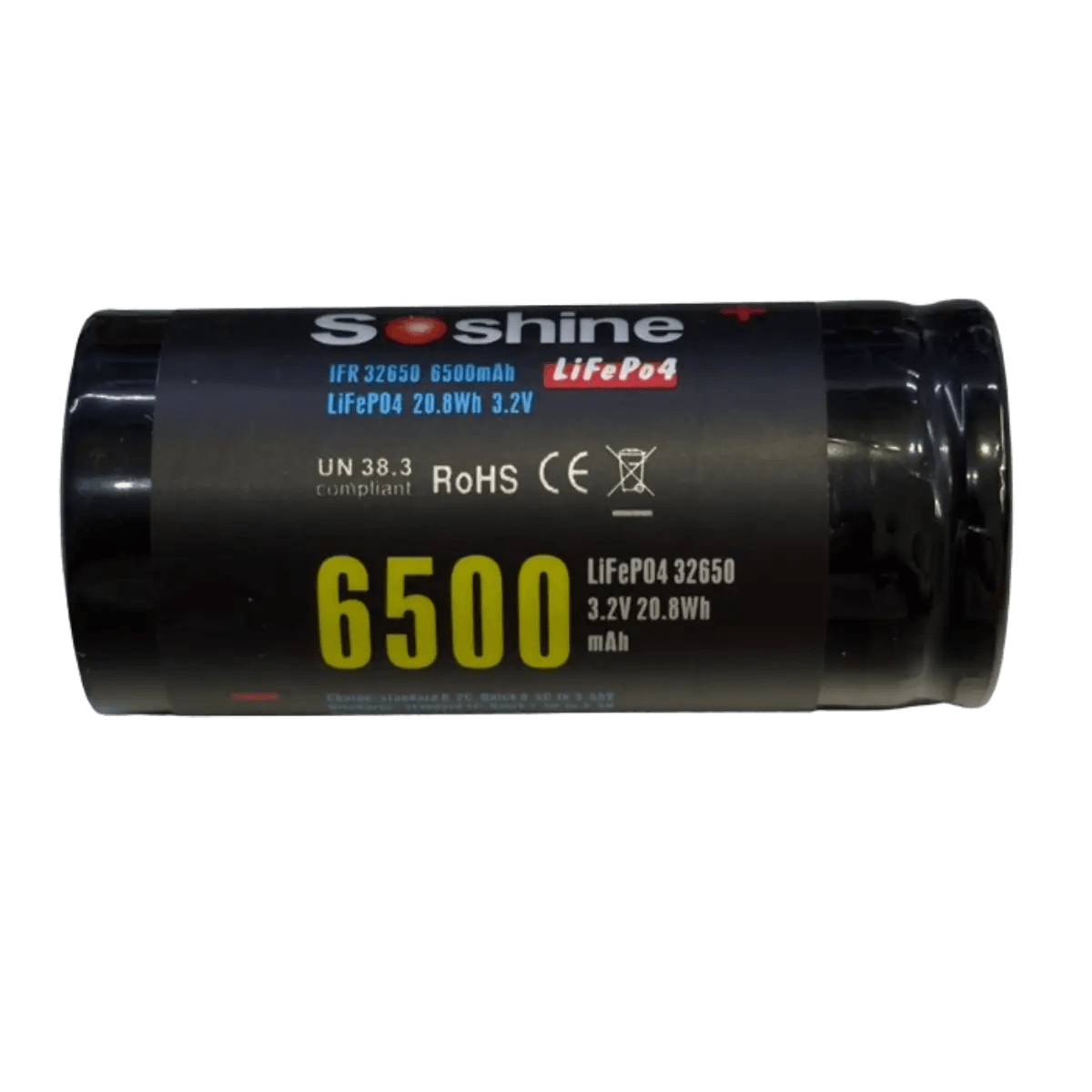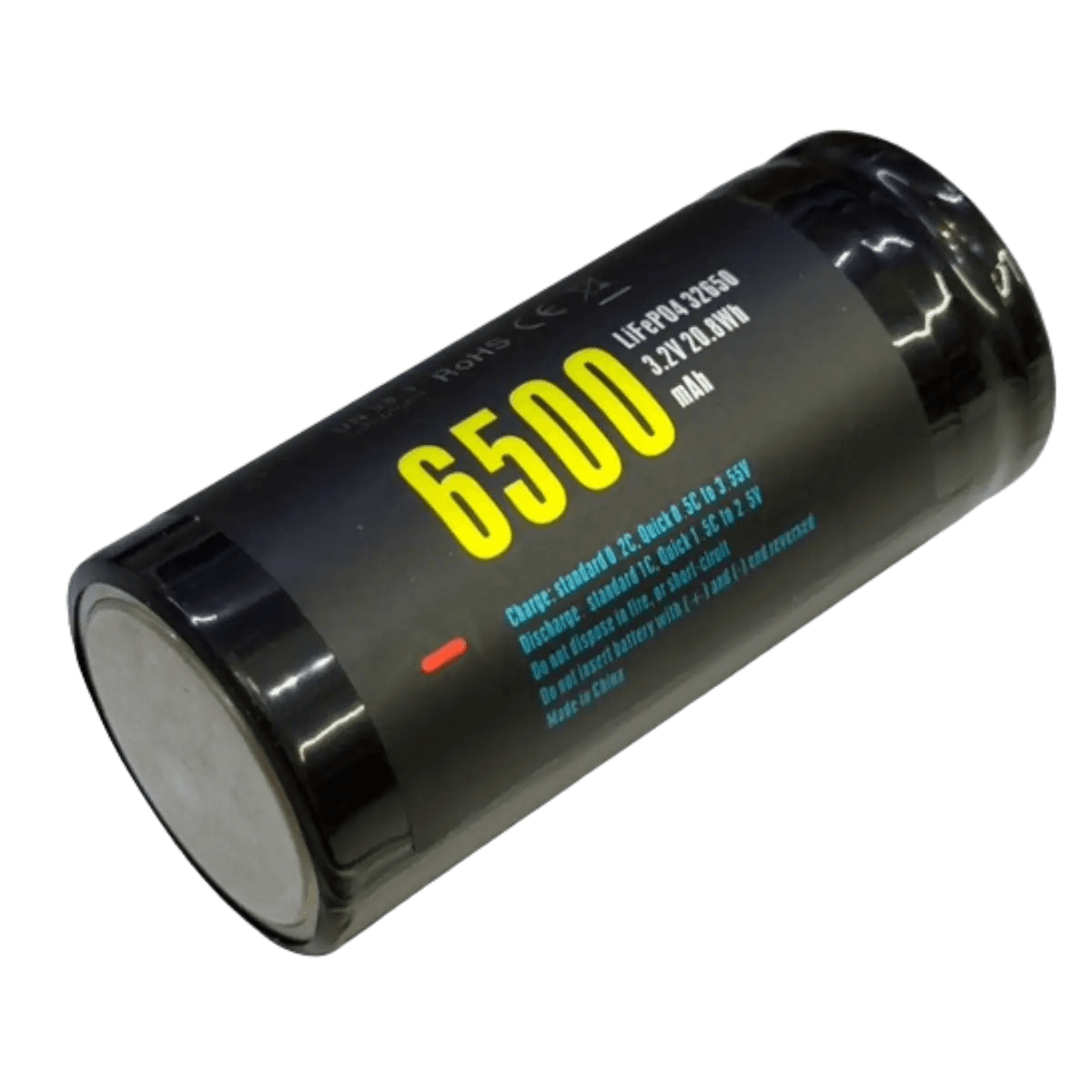Learn more about LifePO4 batteries
A LiFePO4 (Lithium Iron Phosphate) battery is a type of rechargeable battery that uses lithium-based chemistry. It consists of a graphite anode, a LiFePO4 cathode, and a lithium ion-conducting electrolyte.
Here's how a LiFePO4 battery works:
- Charging: When the LiFePO4 battery is charged, a current is applied in the opposite direction of discharge. This causes the lithium ions to migrate from the cathode to the anode. During this process, the lithium ions are integrated into the structure of the LiFePO4 cathode, creating an energy storage.
- Discharge: When the battery is used to power a device or system, the reverse reaction occurs. Lithium ions are released from the LiFePO4 cathode and move to the graphite anode. This generates an electrical current that can be used to power the device.
- Chemical reactions: During charging and discharging, chemical reactions occur at the electrodes. At the anode, graphite absorbs lithium ions during charging and releases them during discharging. At the cathode, lithium ions are inserted and extracted from the LiFePO4 structure.
- Safety: LiFePO4 batteries are renowned for their stability and safety. Unlike other types of lithium batteries, they are less likely to experience violent thermal reactions (such as thermal runaway) when overcharged, short-circuited, or misused. This is due to the stability of the LiFePO4 material and its crystalline structure.
LiFePO4 batteries offer several advantages over other types of lithium-ion batteries. They have high energy density, long cycle life, fast charging capability, low self-discharge and reduced internal resistance. In addition, they are environmentally friendly due to their composition without toxic heavy metals.
They are used in a wide range of applications including solar systems, electric vehicles, energy storage equipment, portable electronics and backup systems. LiFePO4 batteries are valued for their reliability, stable performance and safety, making them a popular choice for many energy applications.
When charging LiFePO4 (Lithium Iron Phosphate) batteries , it is essential to follow the battery manufacturer's recommendations and use a charger specifically designed for LiFePO4 batteries. Here are the general steps for charging a LiFePO4 battery:
- Check the voltage: Make sure the charger is compatible with the voltage of the LiFePO4 battery you want to charge. LiFePO4 batteries typically have a nominal voltage of 3.2 volts per cell, which means the total voltage can vary depending on the number of cells in series in the battery.
- Connect the Terminals: Connect the positive (+) and negative (-) terminals of the charger to the corresponding terminals of the LiFePO4 battery. Make sure the polarities are correctly aligned to avoid any short circuit or potential damage.
- Charging Current Setting: Some LiFePO4 chargers have a charging current setting function. Select the appropriate charging current based on the battery manufacturer's recommended specifications. The charging current depends on the battery capacity and the desired charging speed.
- Monitor the charge: During the charging process, carefully monitor the charger and battery. Some LiFePO4 chargers have built-in monitoring functions, such as a display of charging voltage and current. Make sure that the charge is progressing normally and that there are no abnormalities.
- Full Charge: Charging a LiFePO4 battery can take several hours depending on the selected capacity and charge current. When the battery is fully charged, the charger may show a green LED or other indication of charge complete. Then disconnect the battery from the charger.
It is important to note that it is recommended not to exceed the charging voltage and current limits specified by the LiFePO4 battery manufacturer, as this may result in battery damage or safety hazards. It is also advisable to charge LiFePO4 batteries in a well-ventilated environment and follow all safety instructions provided by the charger manufacturer.
To obtain the best performance and maximum life from the LiFePO4 battery , it is advisable to follow the manufacturer's recommendations for charging, discharging and storage.
When looking for a charger for a LiFePO4 (Lithium Iron Phosphate) battery, it is important to choose a charger that is specifically designed for this type of battery. Here are some features to consider when choosing a LiFePO4 charger:
- Charging Voltage: Check that the charger is compatible with the charging voltage of your LiFePO4 battery. LiFePO4 batteries typically have a nominal voltage of 3.2 volts per cell, so it is important to ensure that the charger is suitable for this voltage.
- Charging Current: Make sure the charger offers appropriate charging current options for your LiFePO4 battery. The charging current depends on the battery capacity and the desired charging speed. Some chargers offer the ability to adjust the charging current, which can be useful for tailoring the charging process to your specific needs.
- Built-in Protection: Look for a LiFePO4 charger that has built-in protections such as overcharge, overcurrent, and short circuit protection. This helps ensure the safety of the battery during the charging process.
- Monitoring functions: Some LiFePO4 chargers are equipped with built-in monitoring functions, such as real-time charging voltage and current display. This can help you monitor the charging process and ensure everything is going smoothly.
- Reliability and quality: Choose a LiFePO4 charger from a reputable and quality brand. This ensures that the charger is manufactured to high standards, which contributes to the reliability and safety of charging your LiFePO4 battery.
It is recommended that you follow the specific recommendations of your LiFePO4 battery manufacturer regarding charger selection. Some manufacturers may even offer chargers recommended specifically for their batteries.
By following the appropriate voltage, current and safety specifications, you can choose a charger that is suitable for your LiFePO4 battery for efficient, safe and optimal charging.

